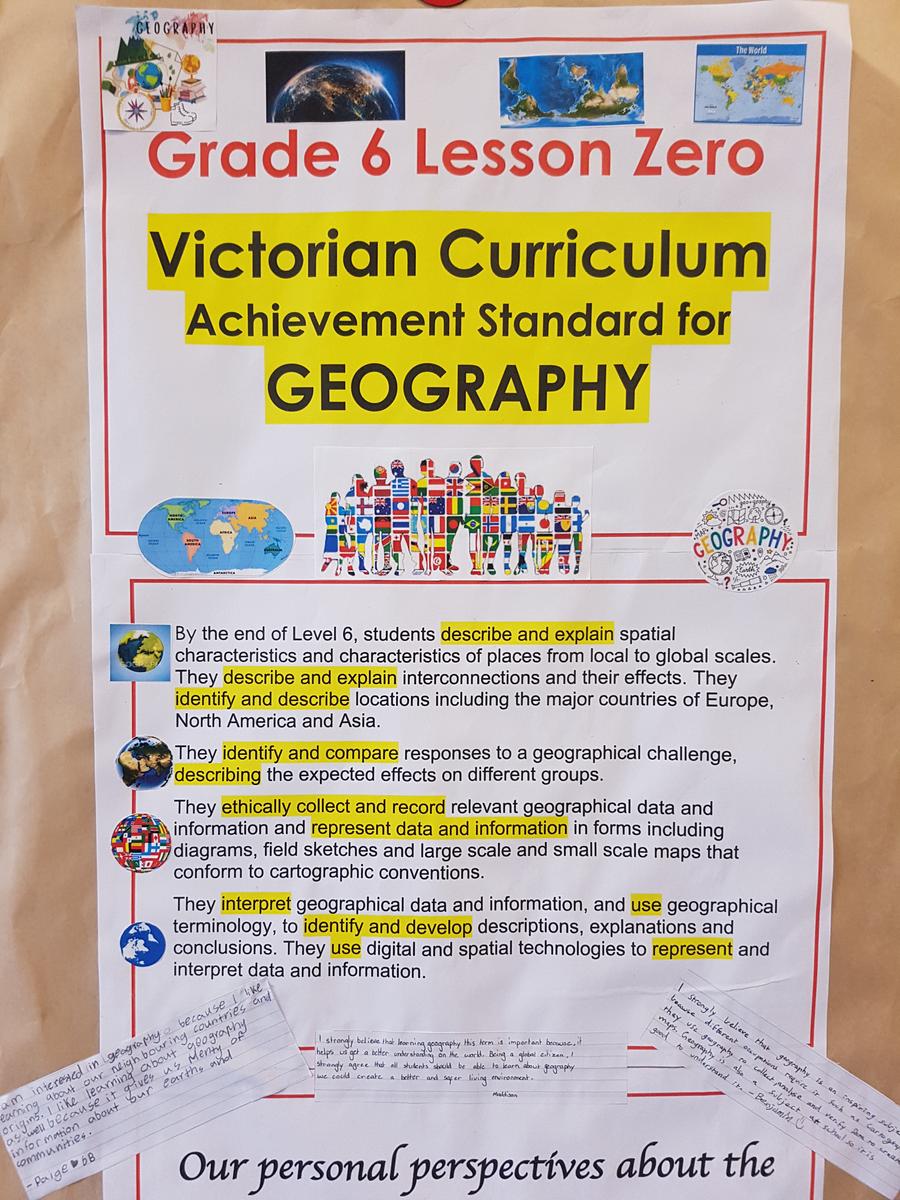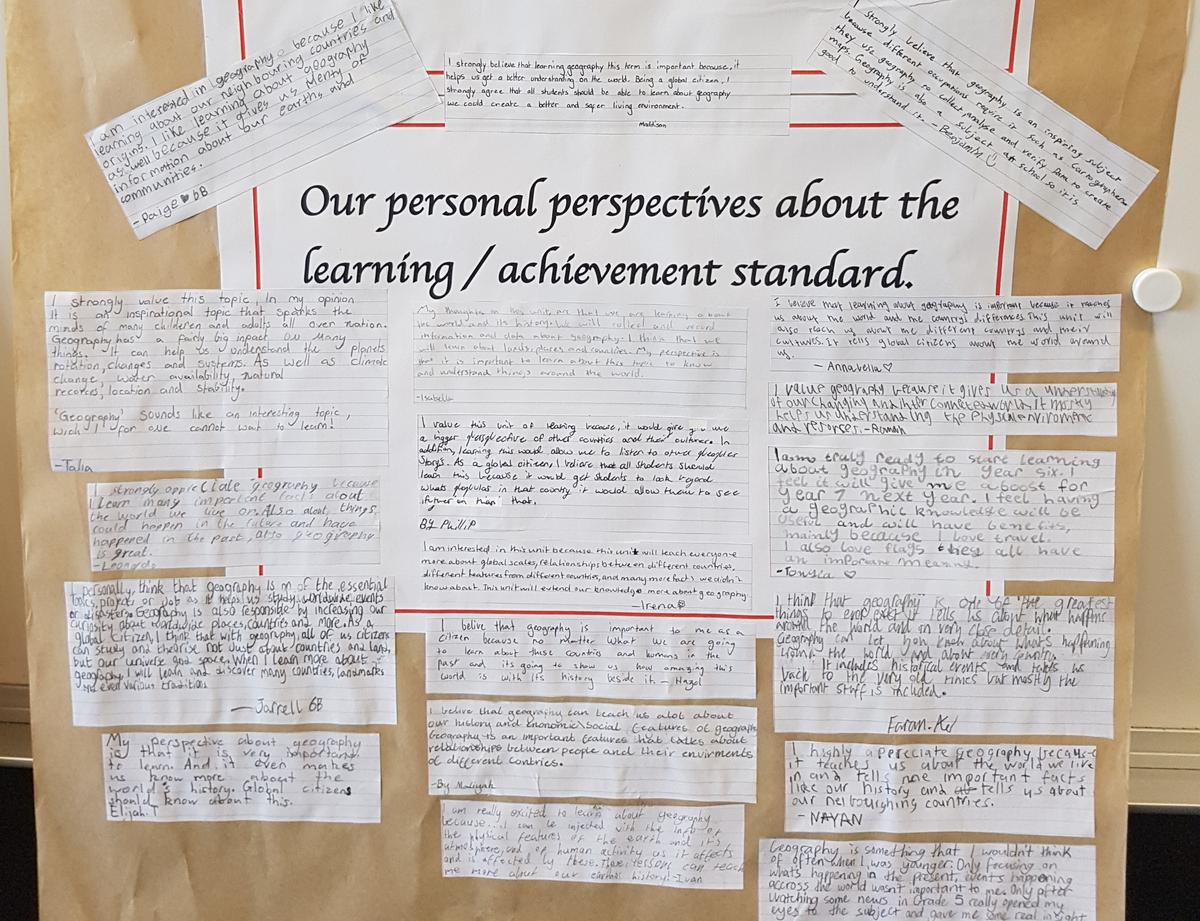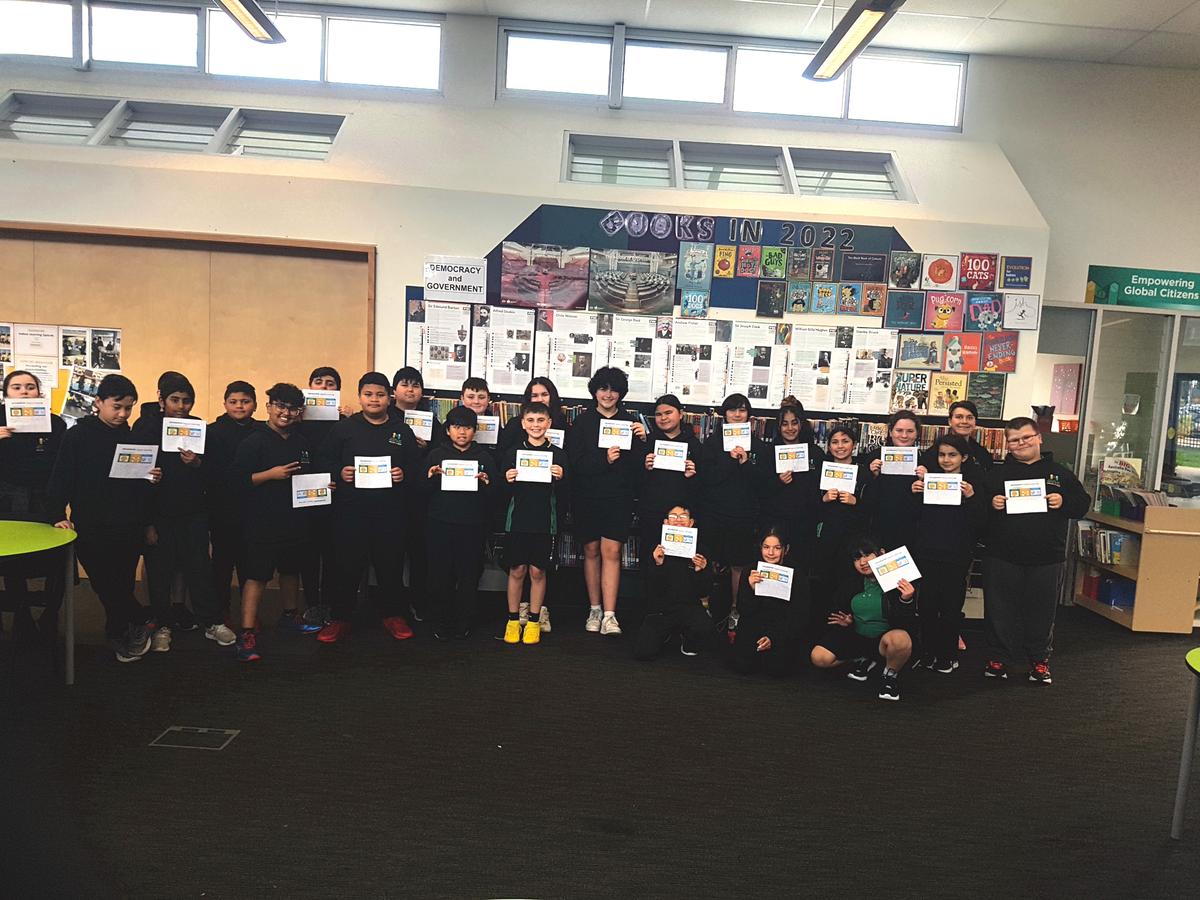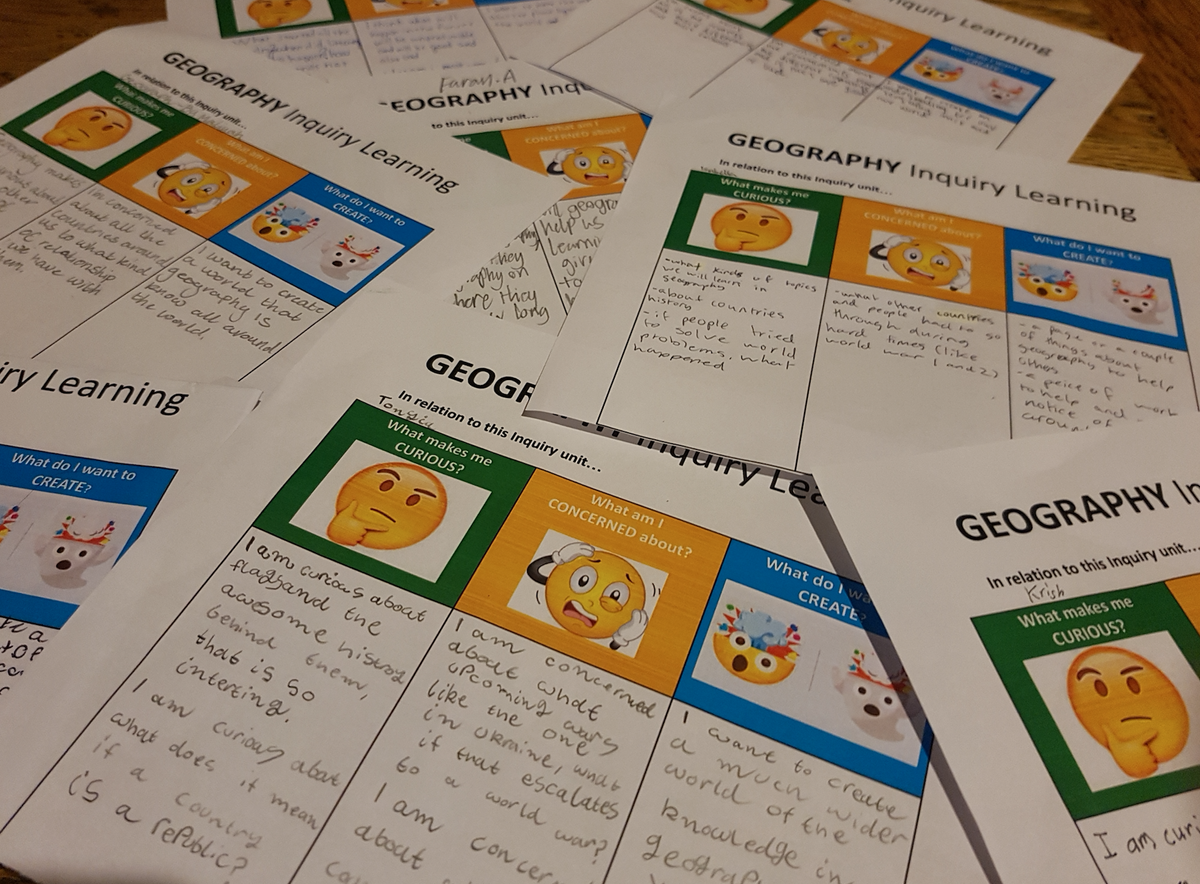School Improvement Team
Future Focused Learning
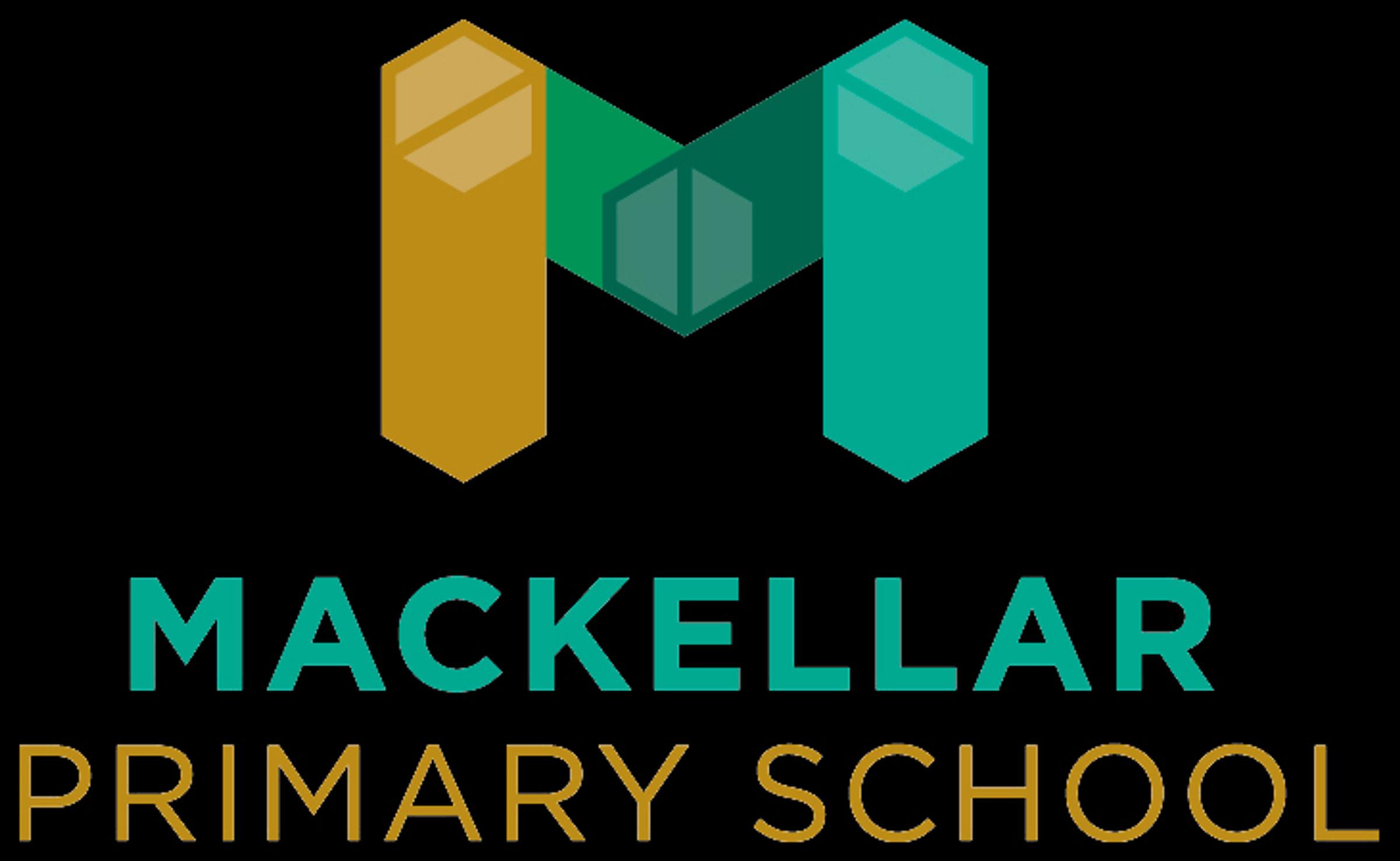
School Improvement Team
Future Focused Learning
What is Lesson Zero?
Lesson Zero occurs at the beginning of a unit of Inquiry work. During Lesson Zero students and teachers unpack the Curriculum Standard, clarifying key words and establishing a purpose for our learning by building learning intentions. Together, we co-construct success criteria, to help us be successful in our learning journey. Reflecting on what we already know and what we need to learn in order to be successful. Using Bloom's Taxonomy we establish clear steps and processes in order to achieve the success criteria.
Each year levels Lesson Zero is outlined below:
Grade Prep
This term the grade preps are exploring day and night, the weather and seasonal changes, and how these changes affect our behaviour such as how we dress and what activities we do in different conditions. The preps were able to discuss what they already know about changes in the sky and developed some interesting questions that we will investigate and delve into this term.
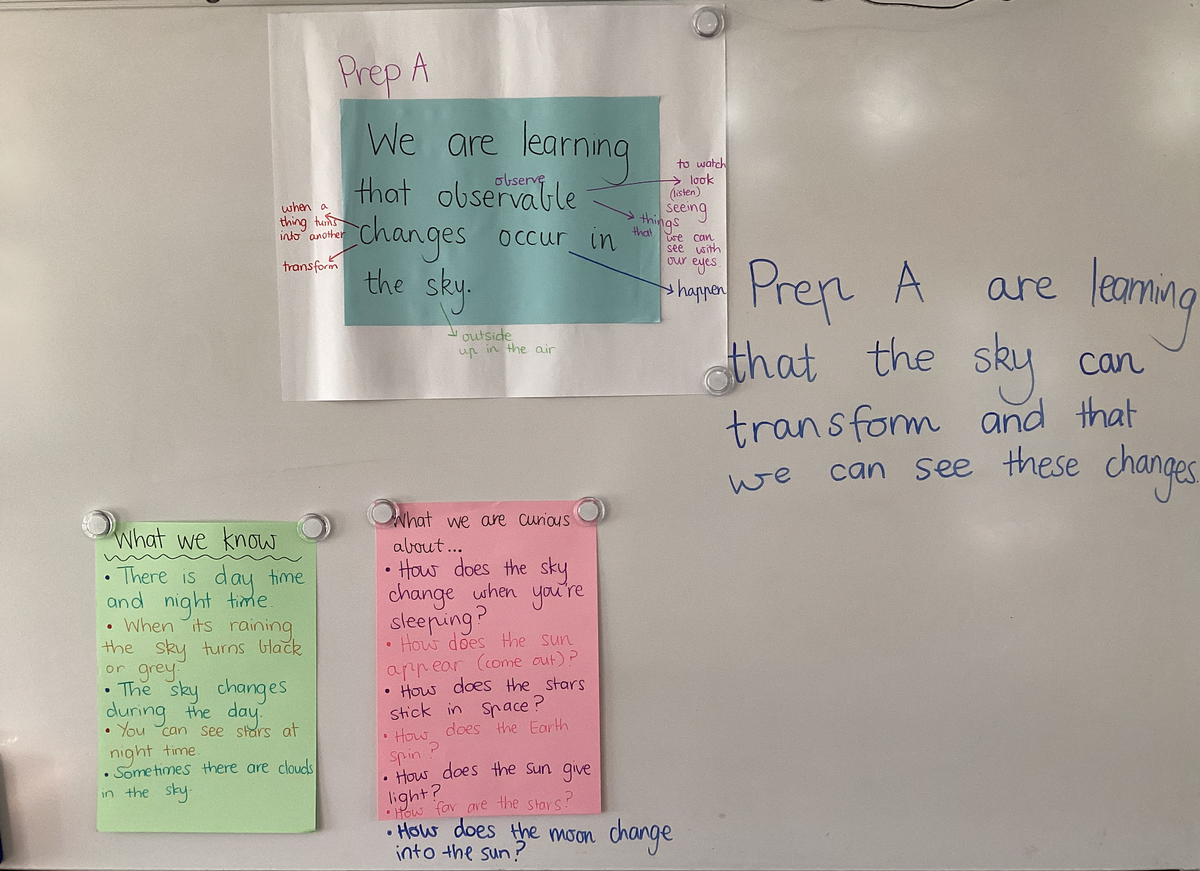
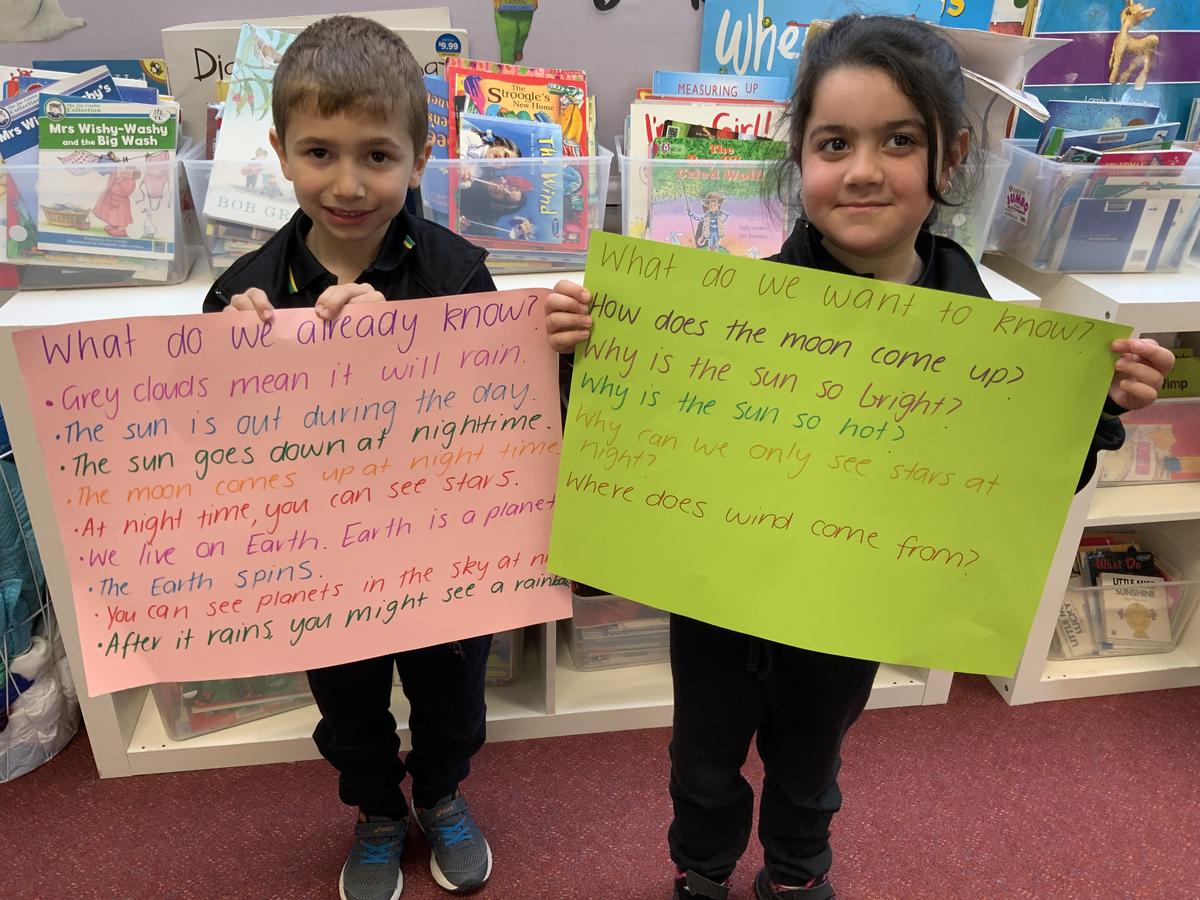
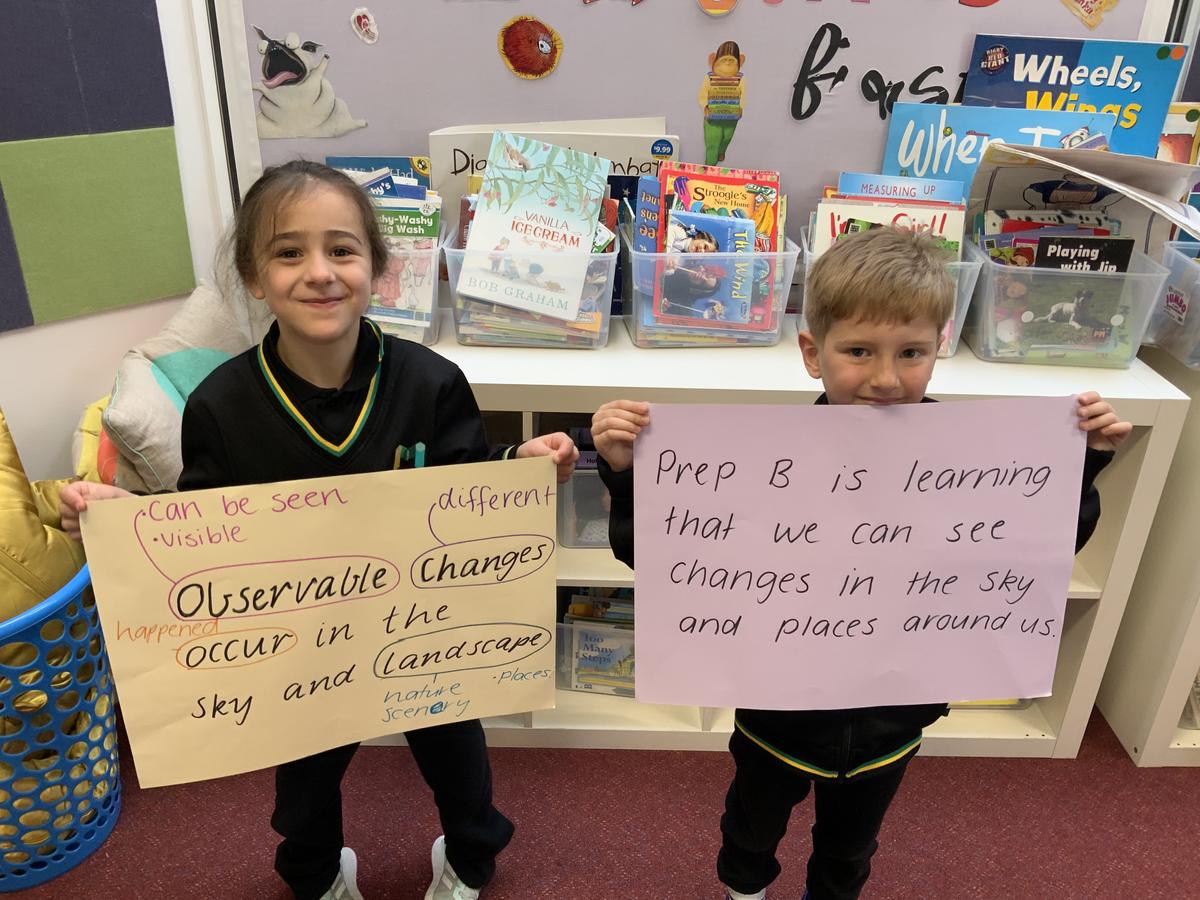



Grade 1
This term our Grade 1 students will be engaging in a unit of work on Geography. Our essential question is ‘How are we connected to local and global places?’. This week we began our unit by unpacking our essential question together to clarify key words and ensure we understood exactly what our question means. Once we recorded our ideas about some of the key words in the question, we used the 3Cs to think about what we are curious about, what we are concerned about and what we would like to create in relation to our essential question.
We are really excited about where our learning will take us this term. Take a look at our ideas below!
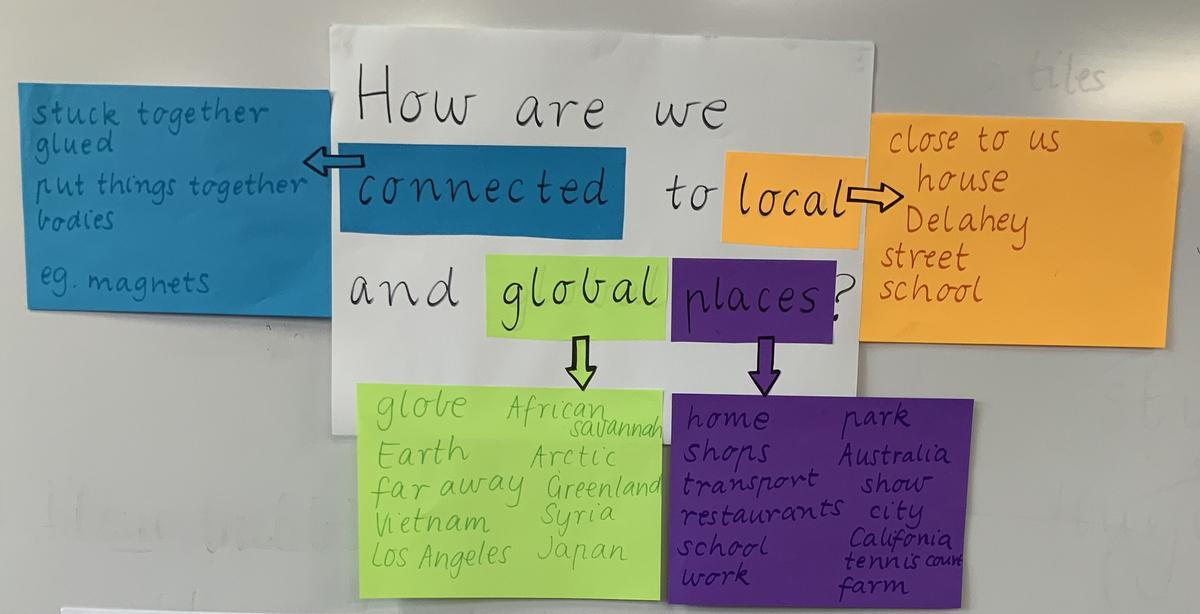
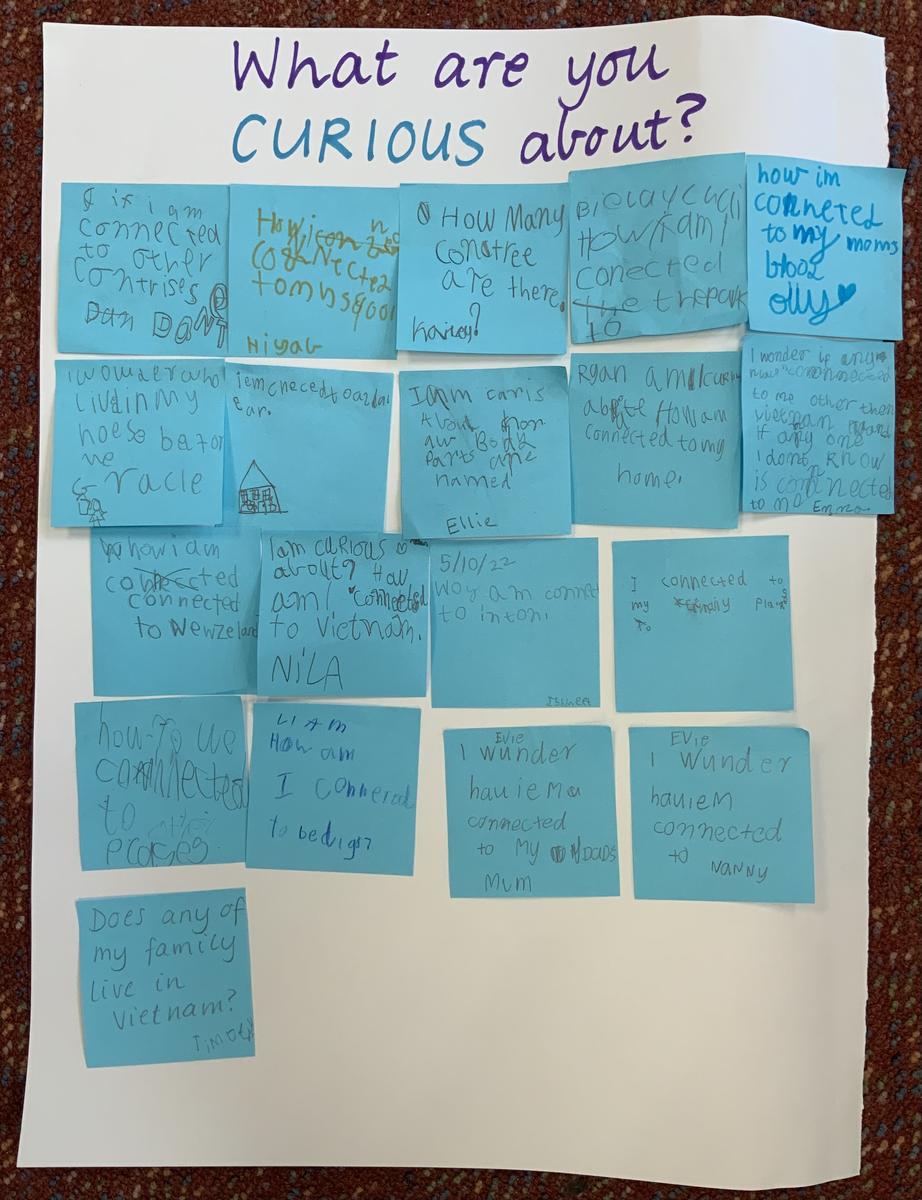
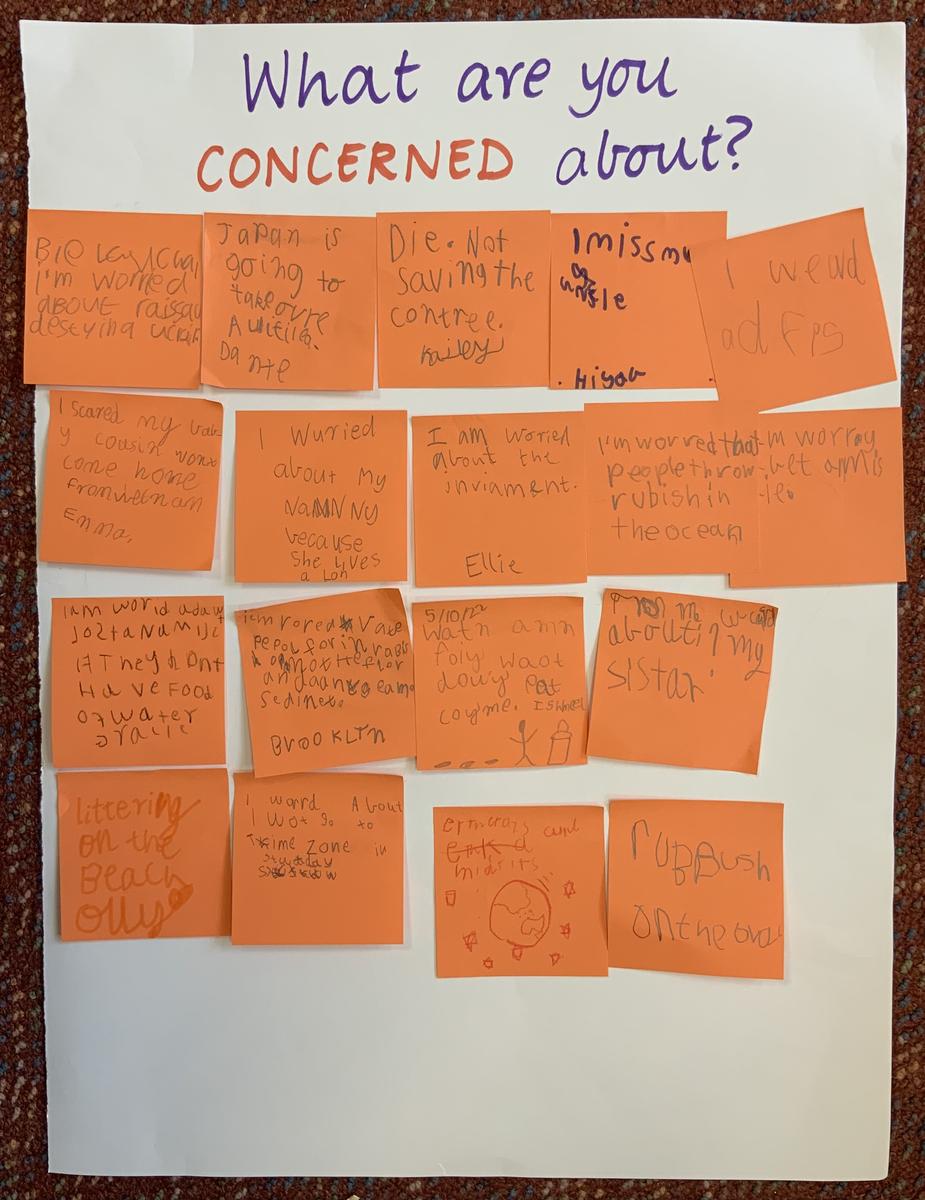
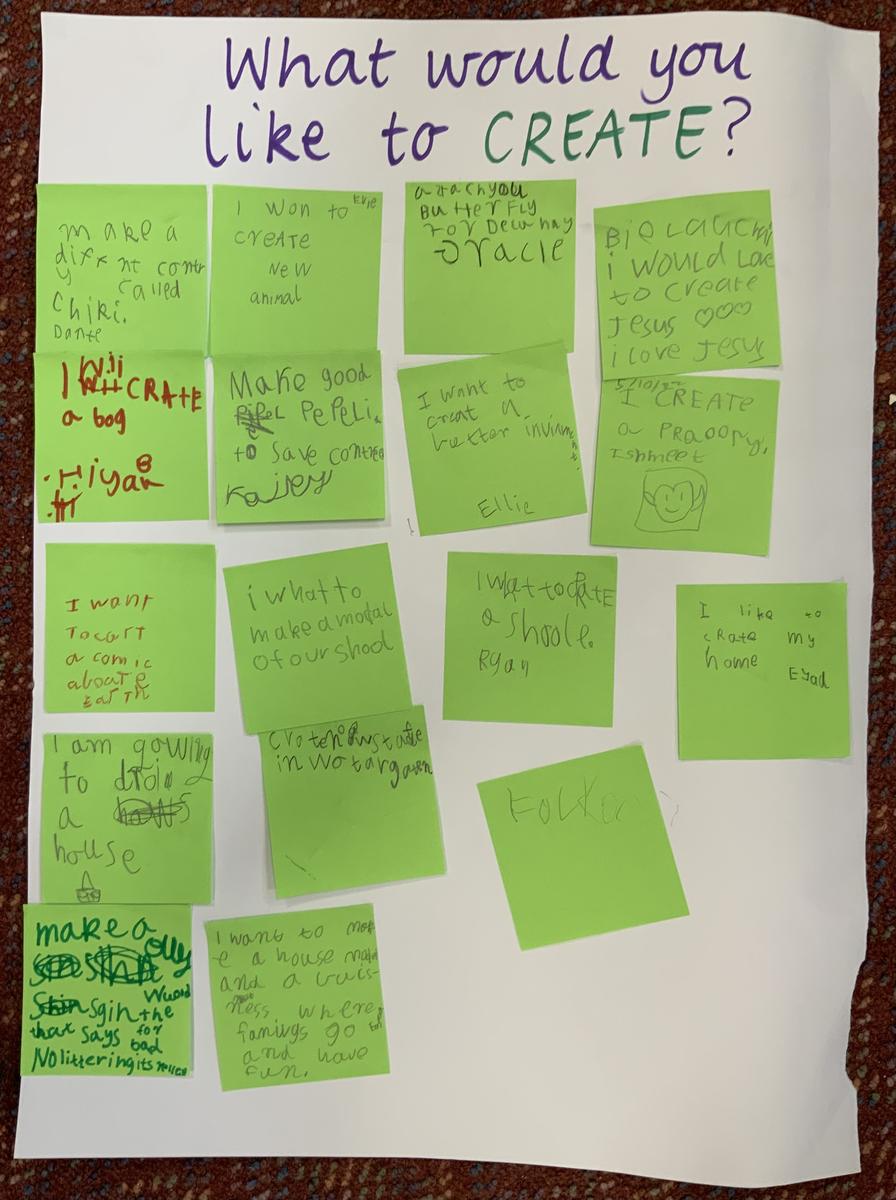
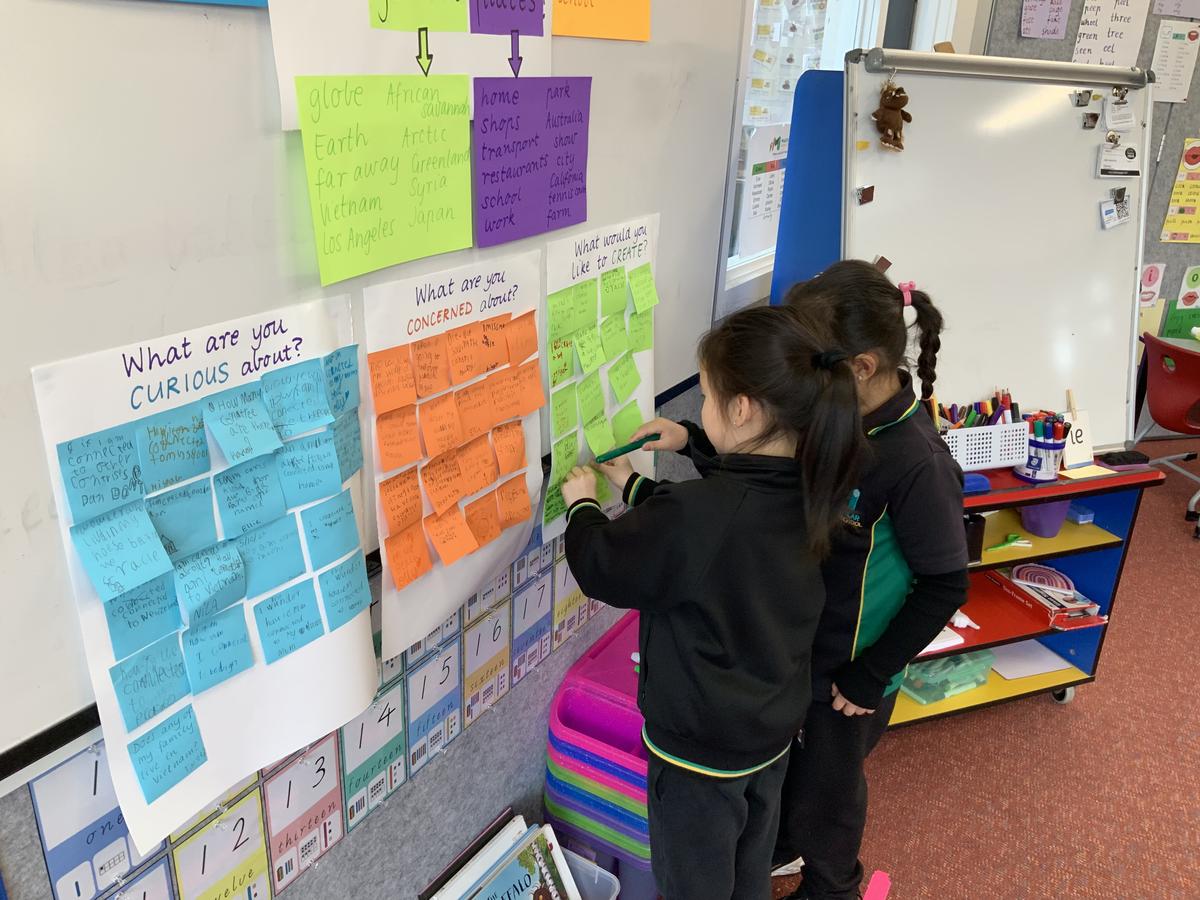
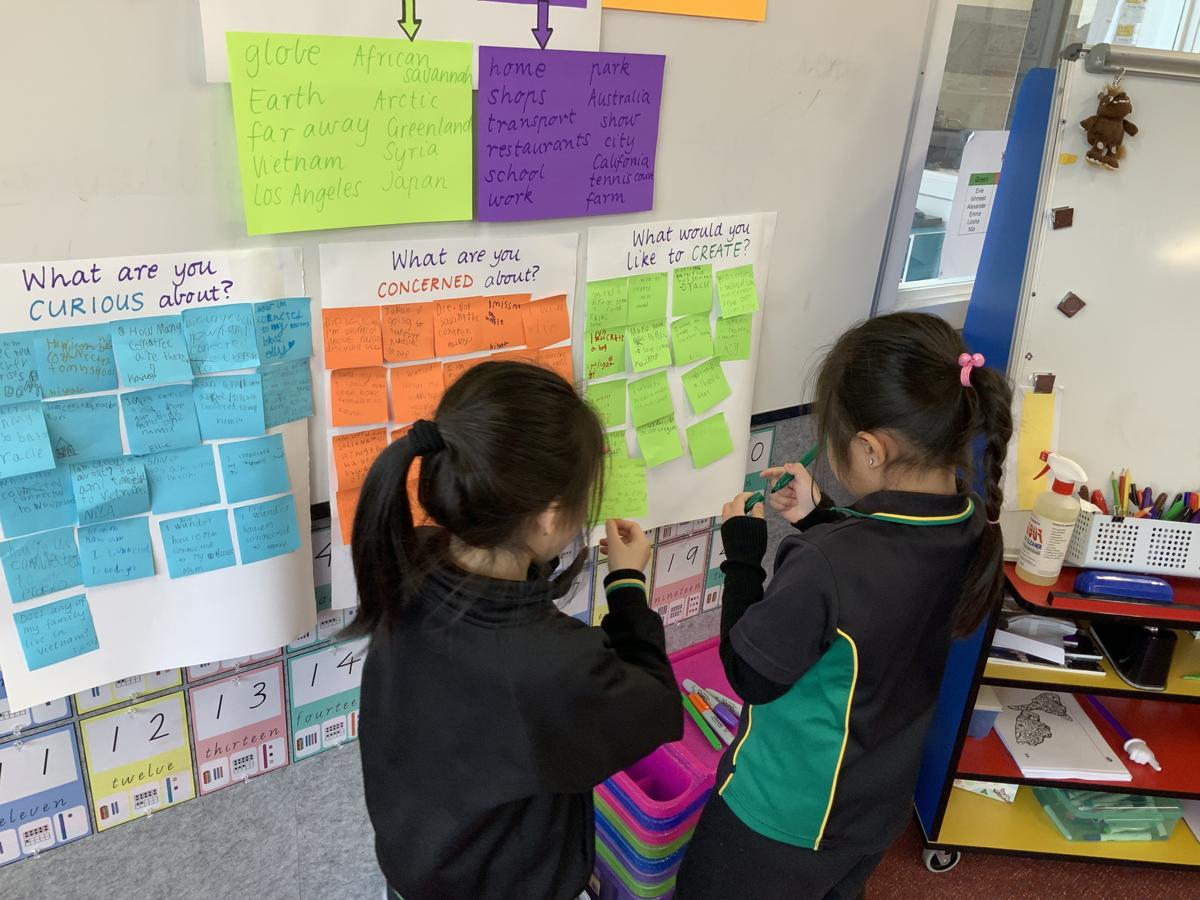
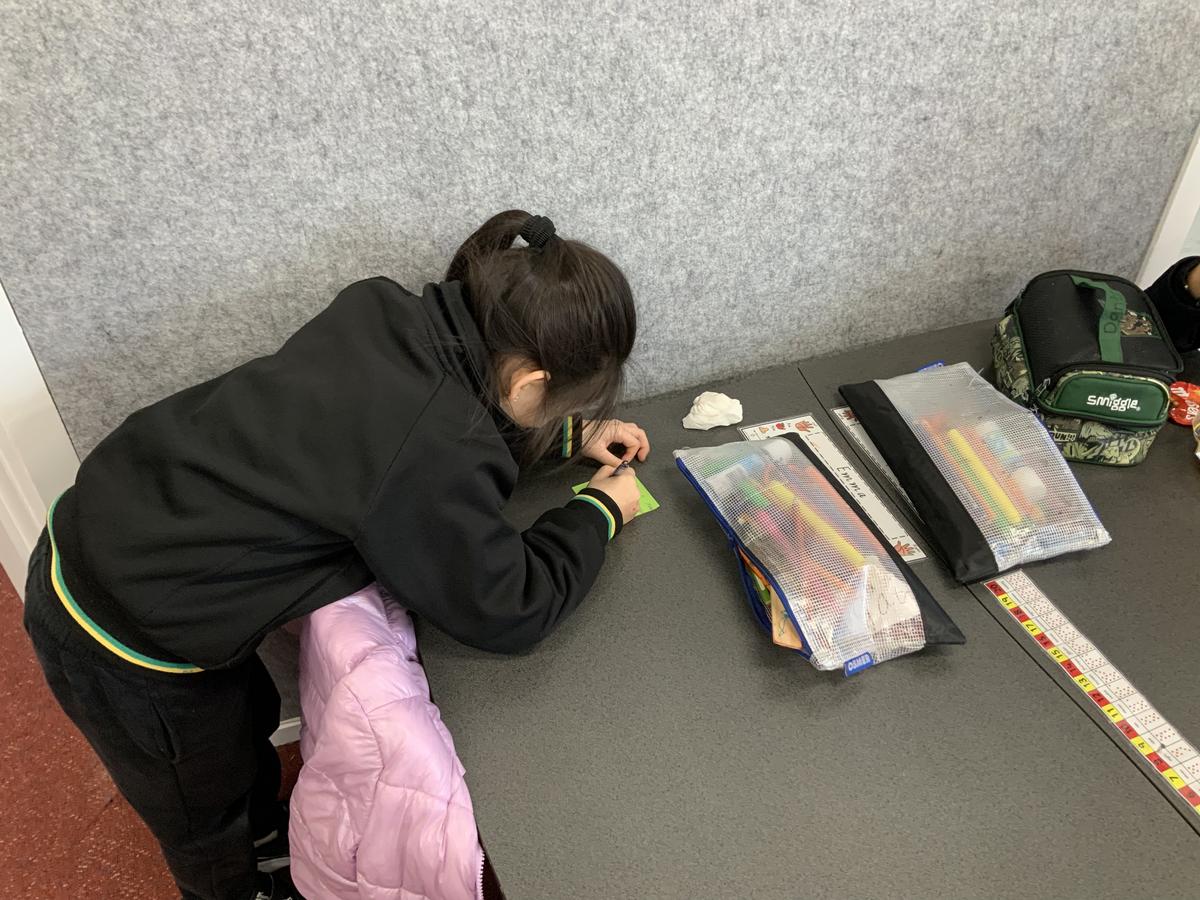
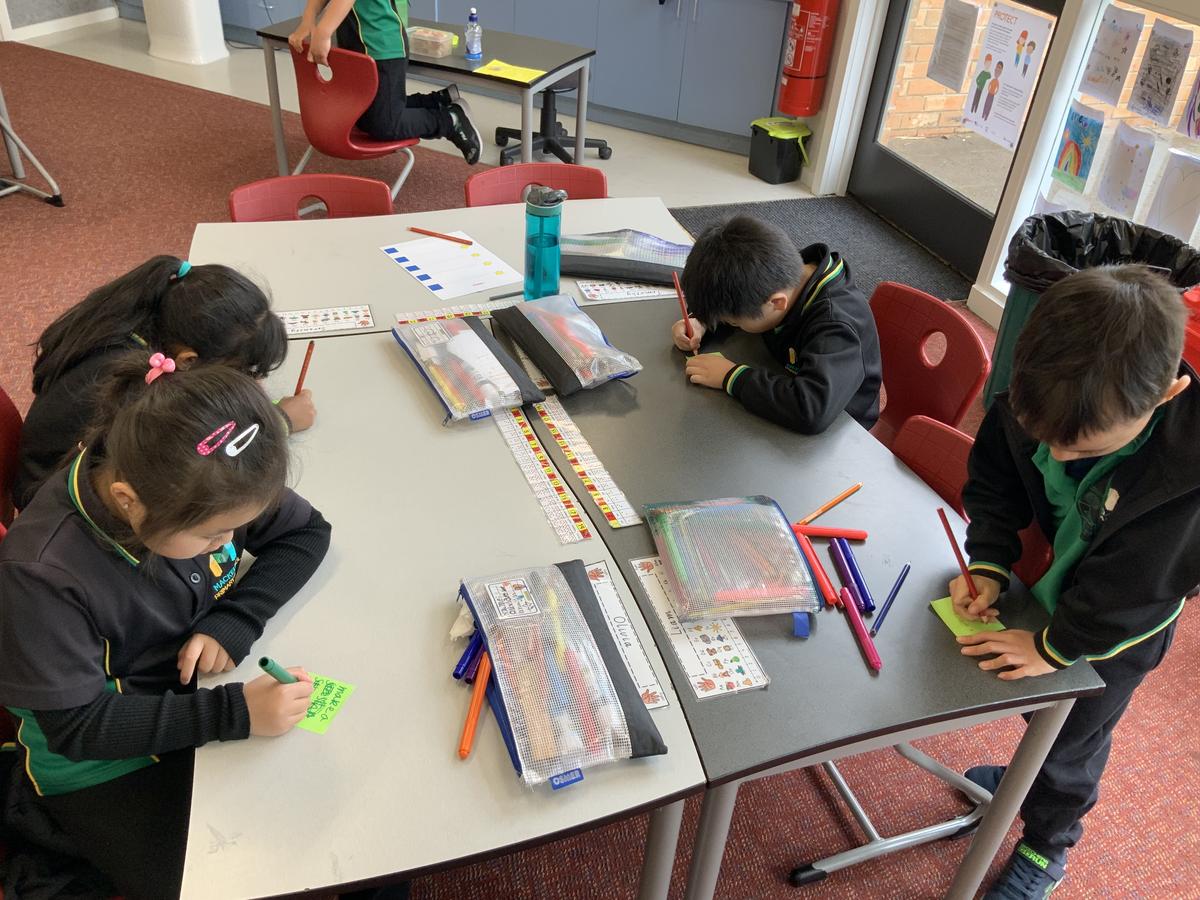
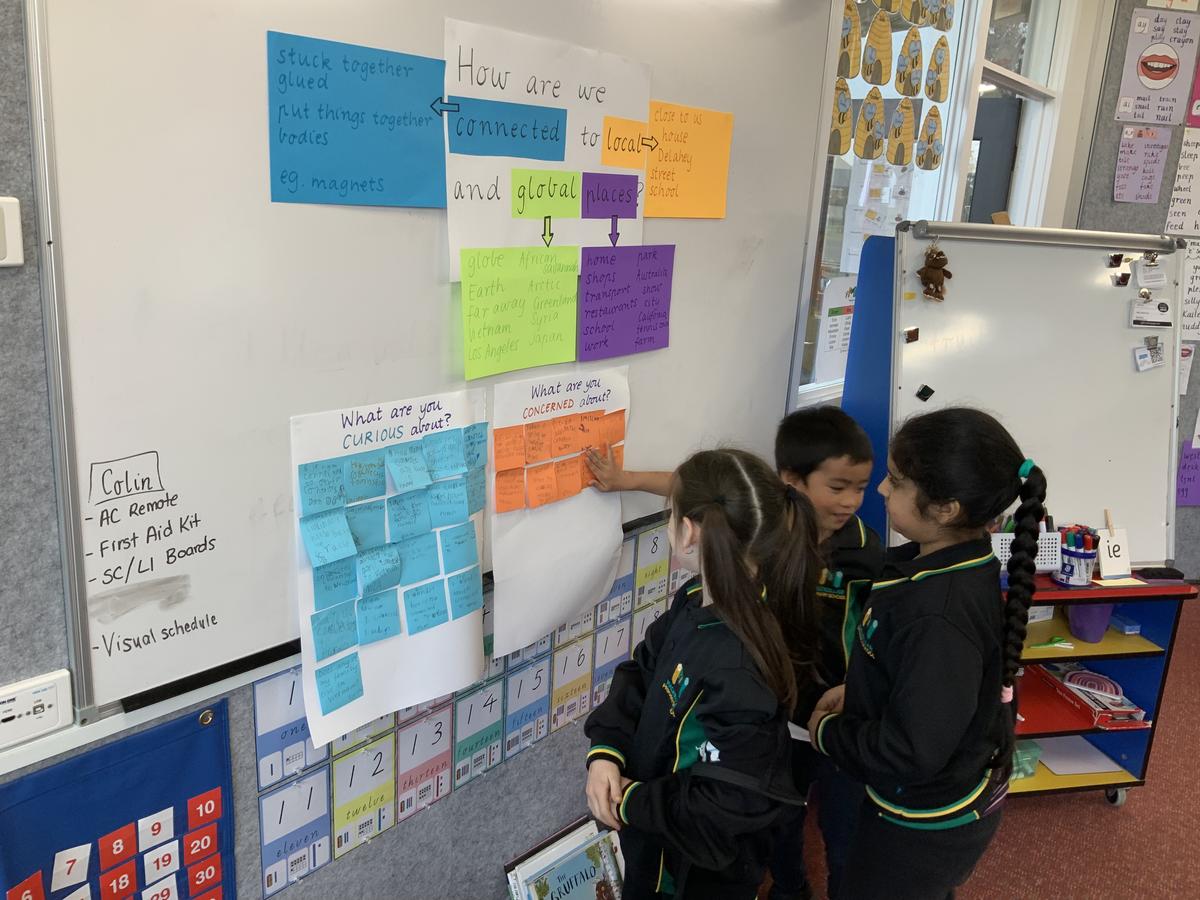
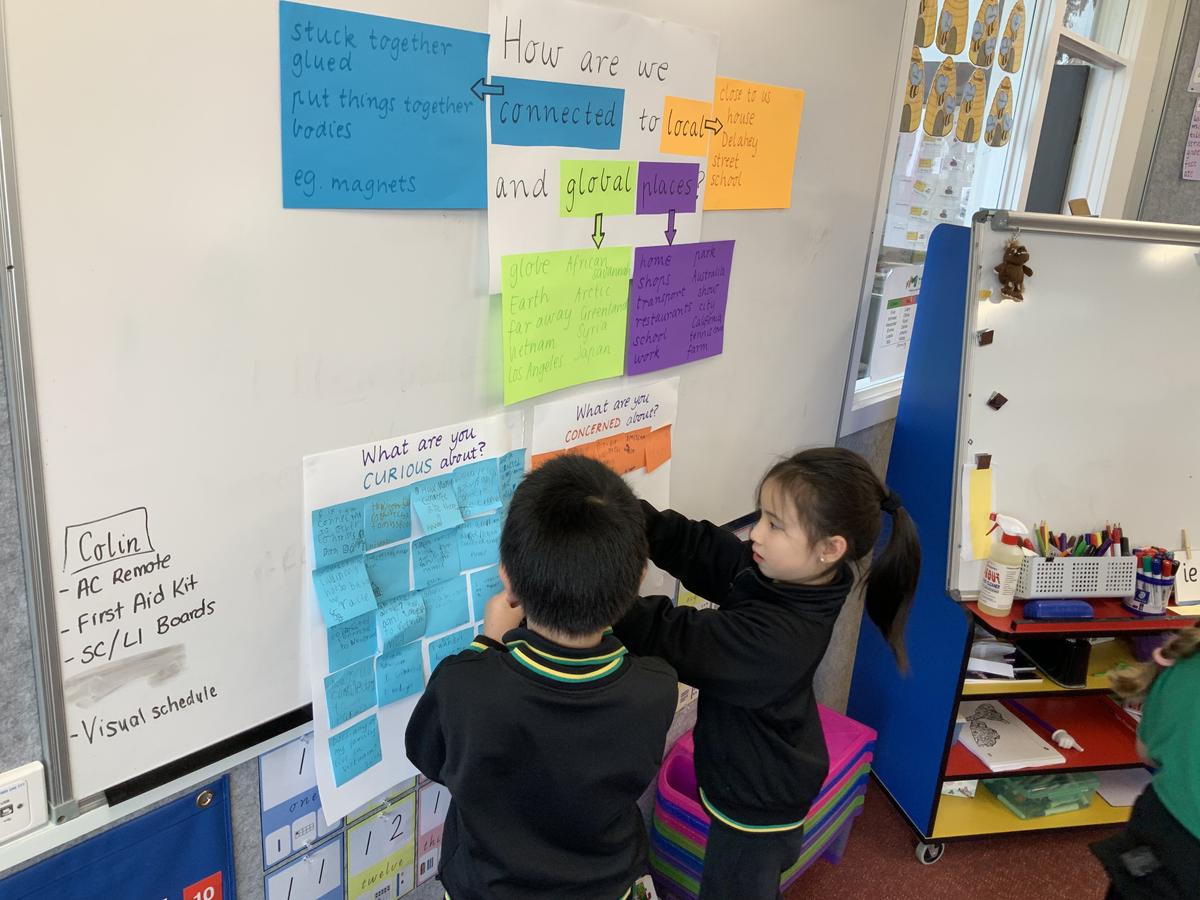
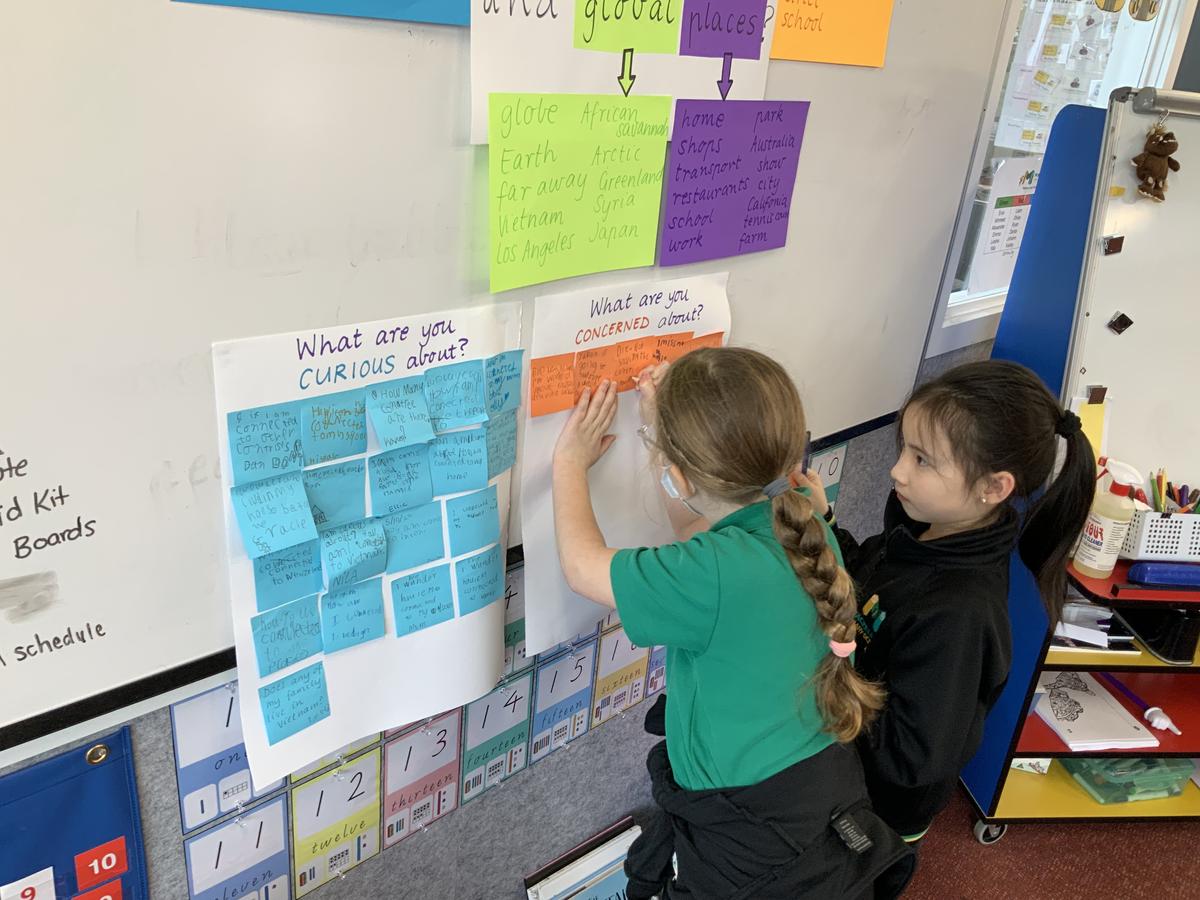
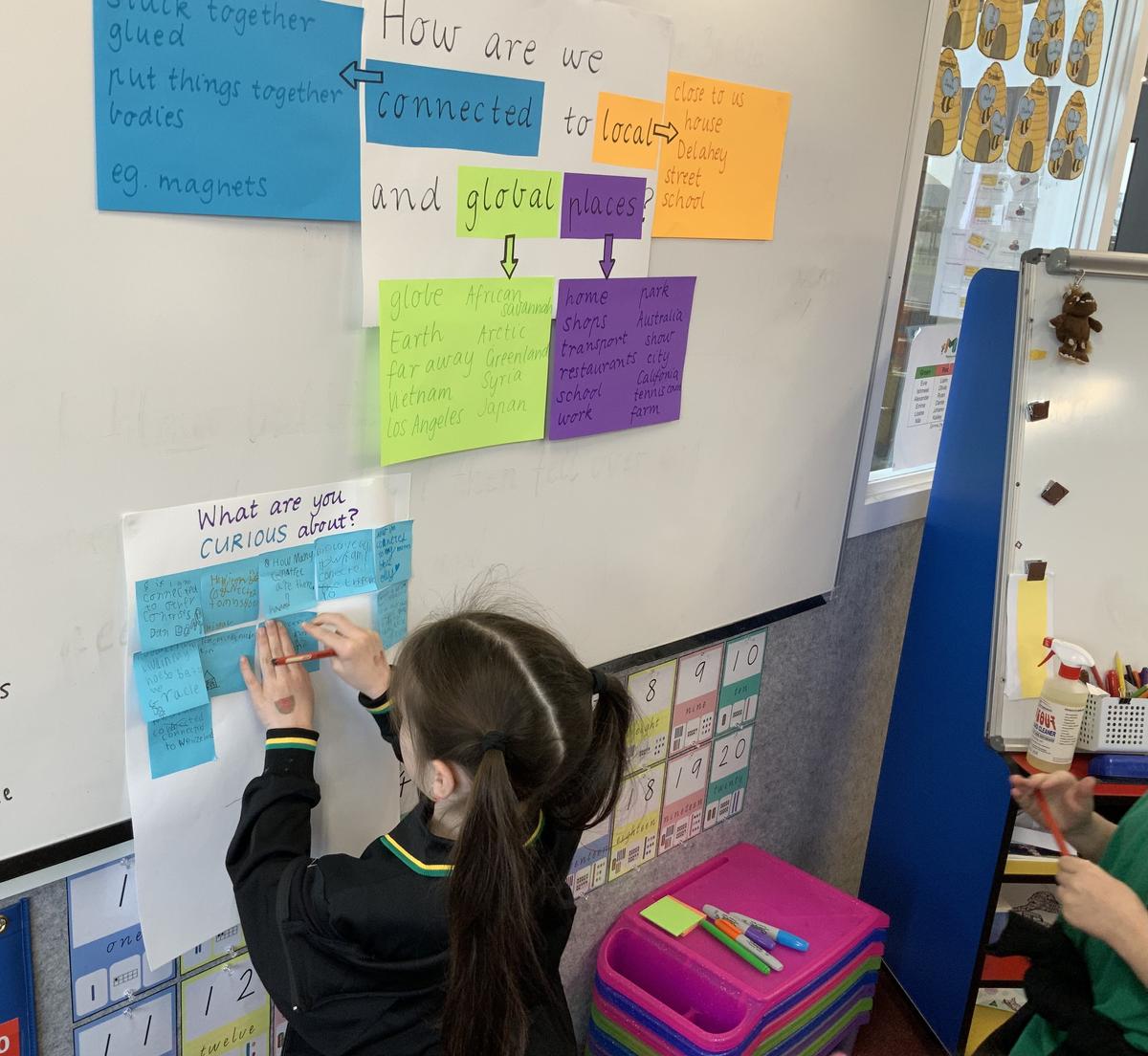
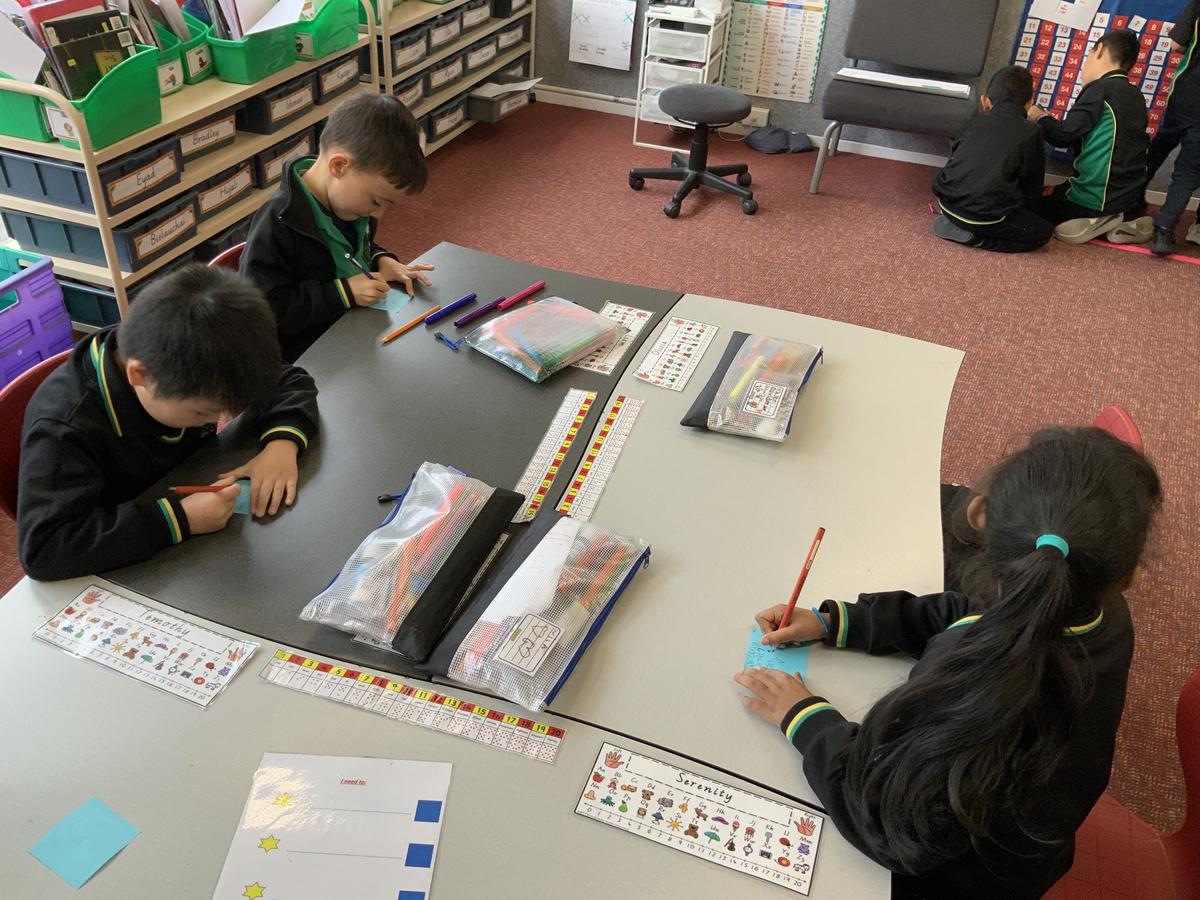
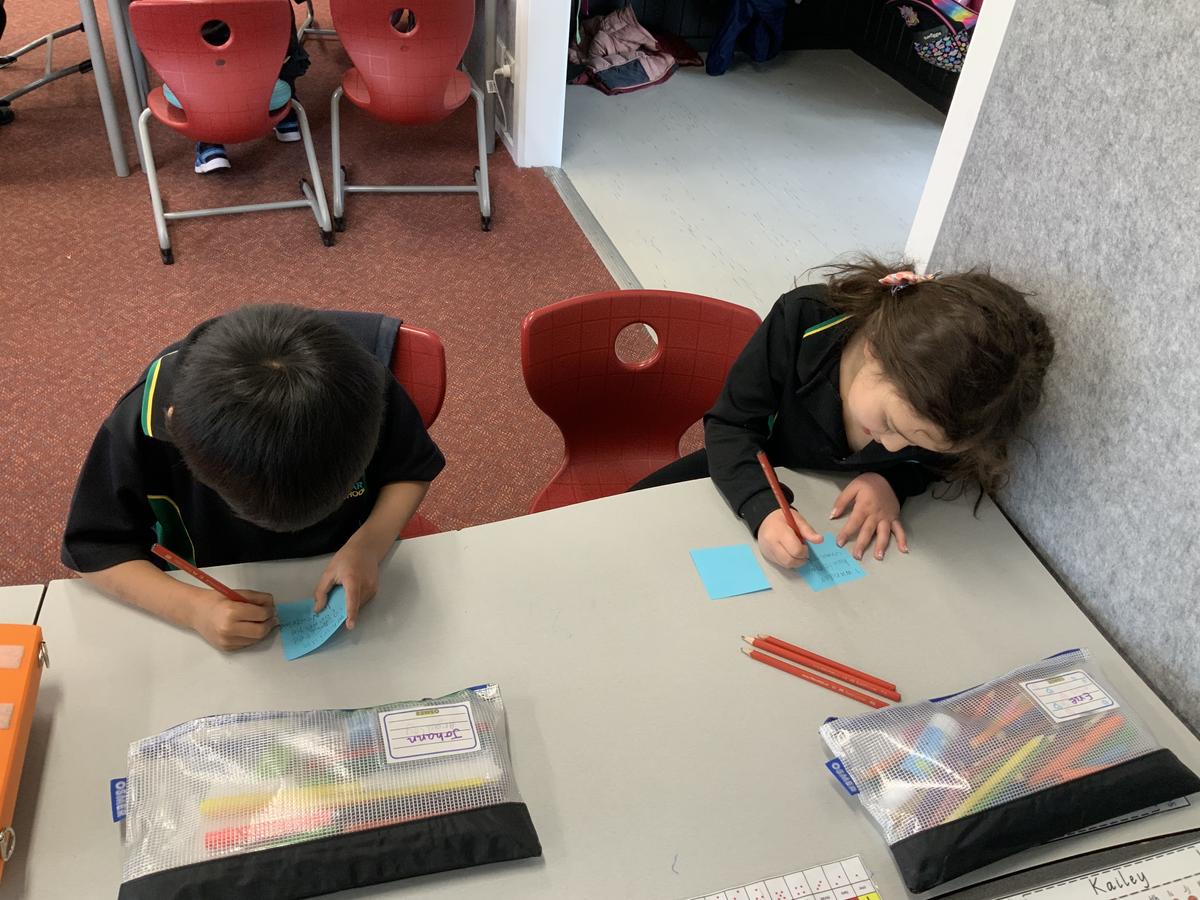

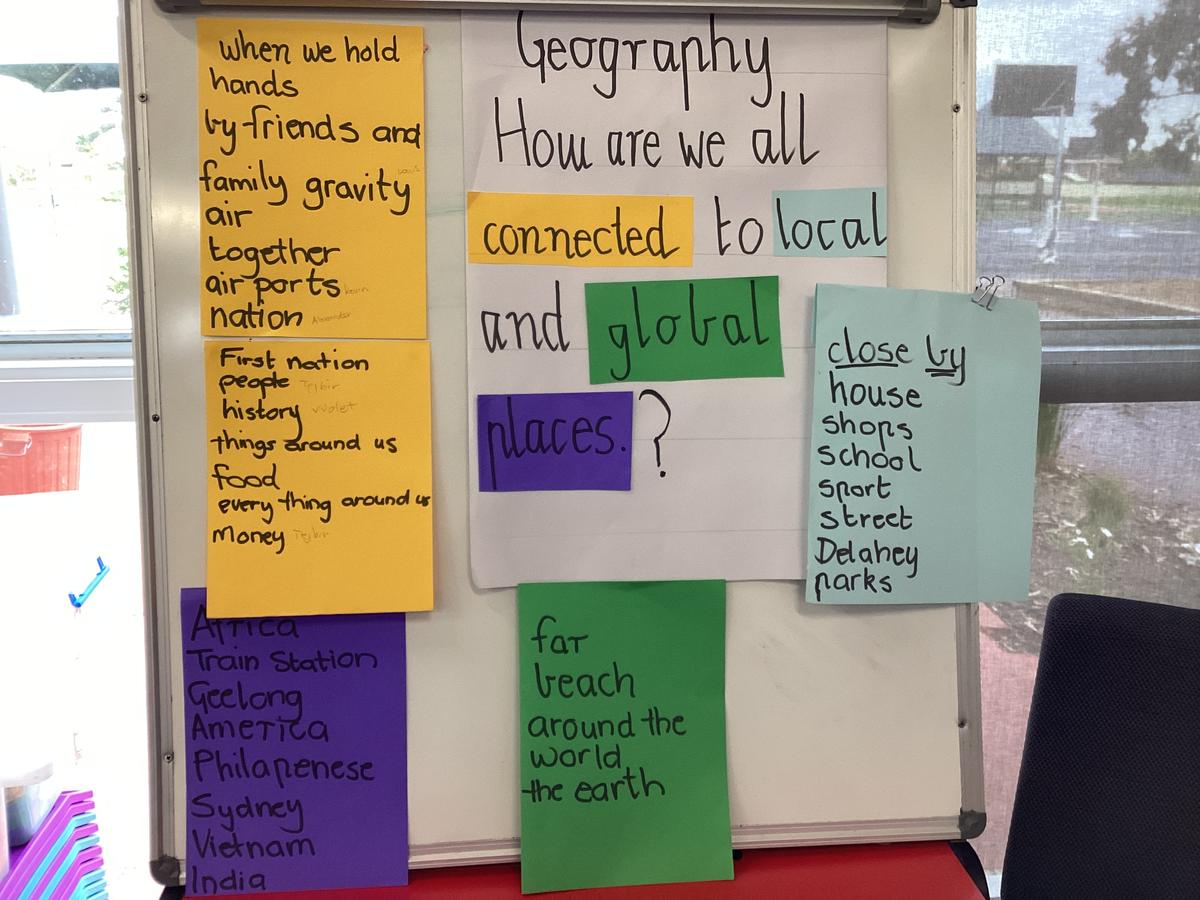
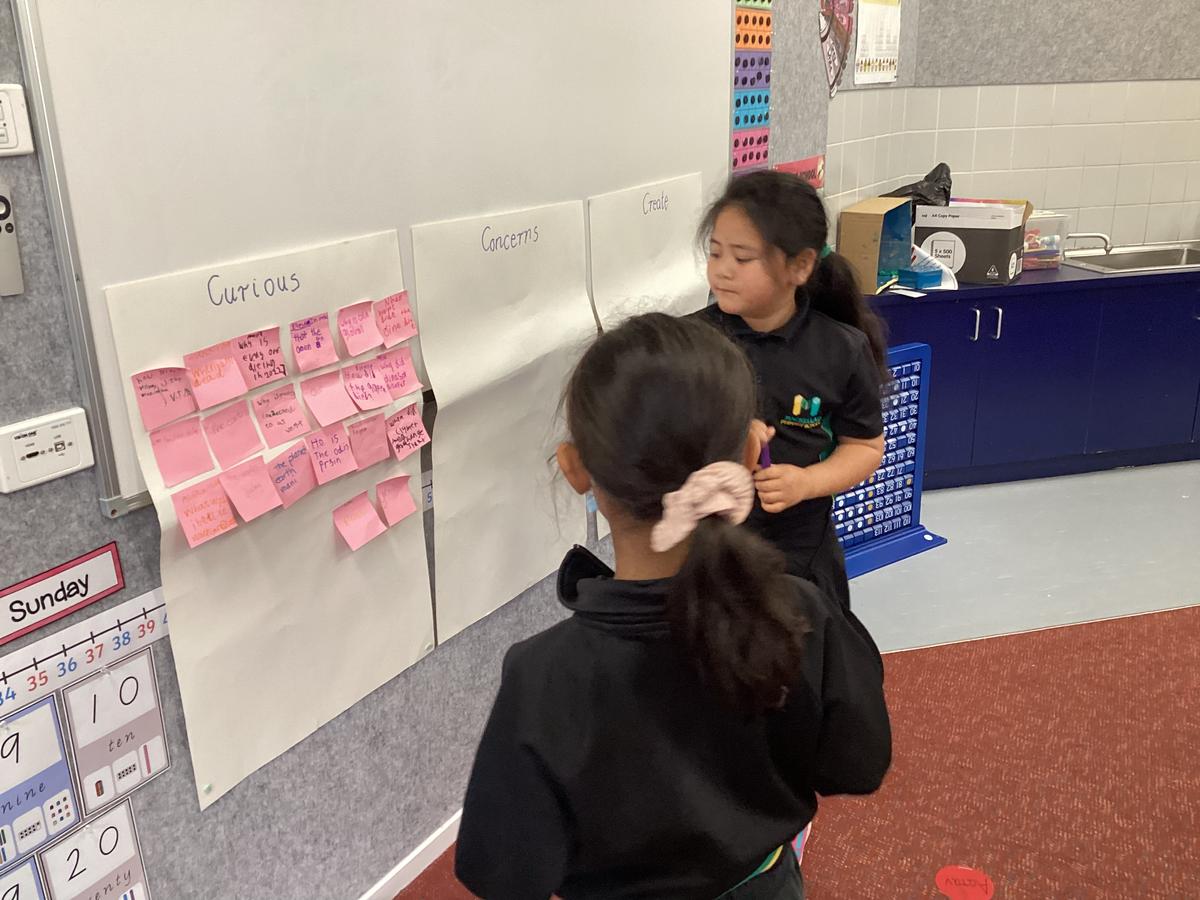
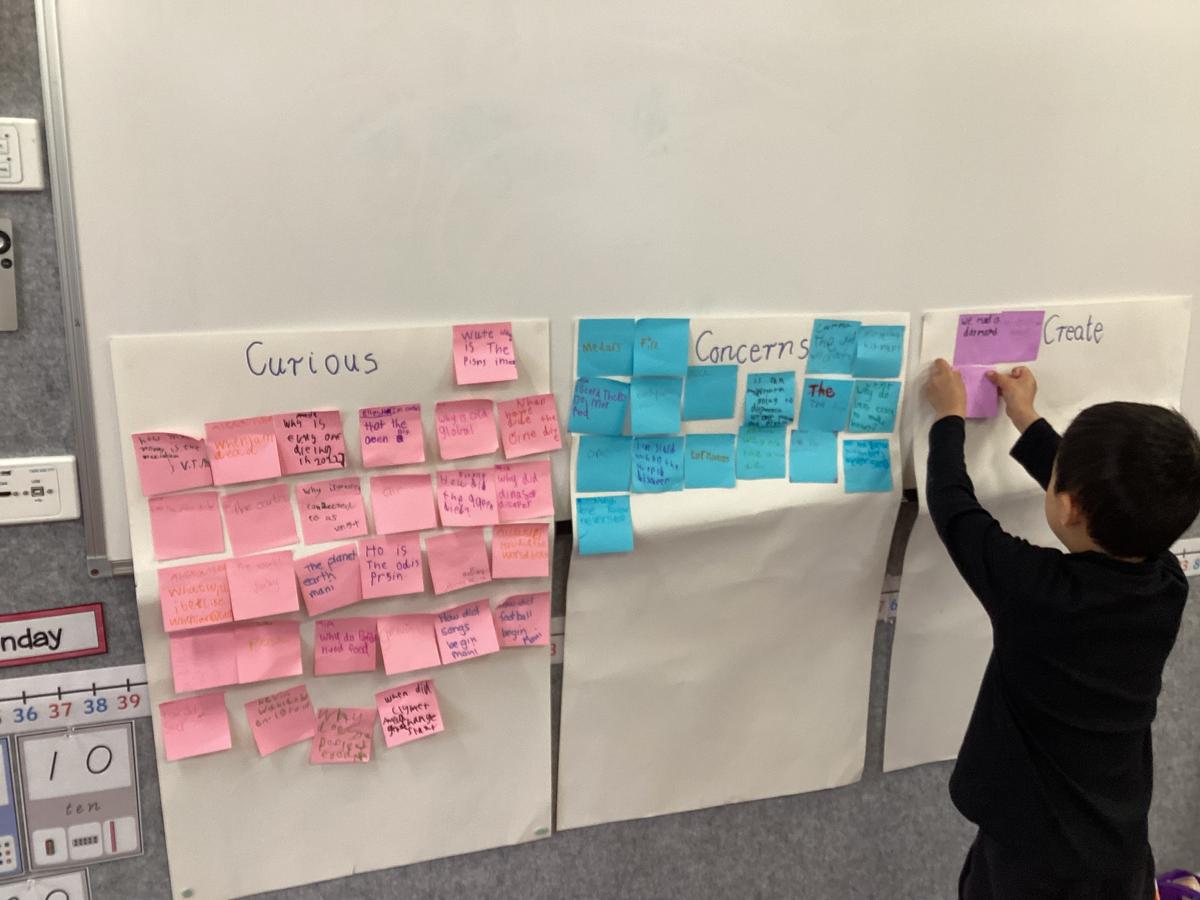
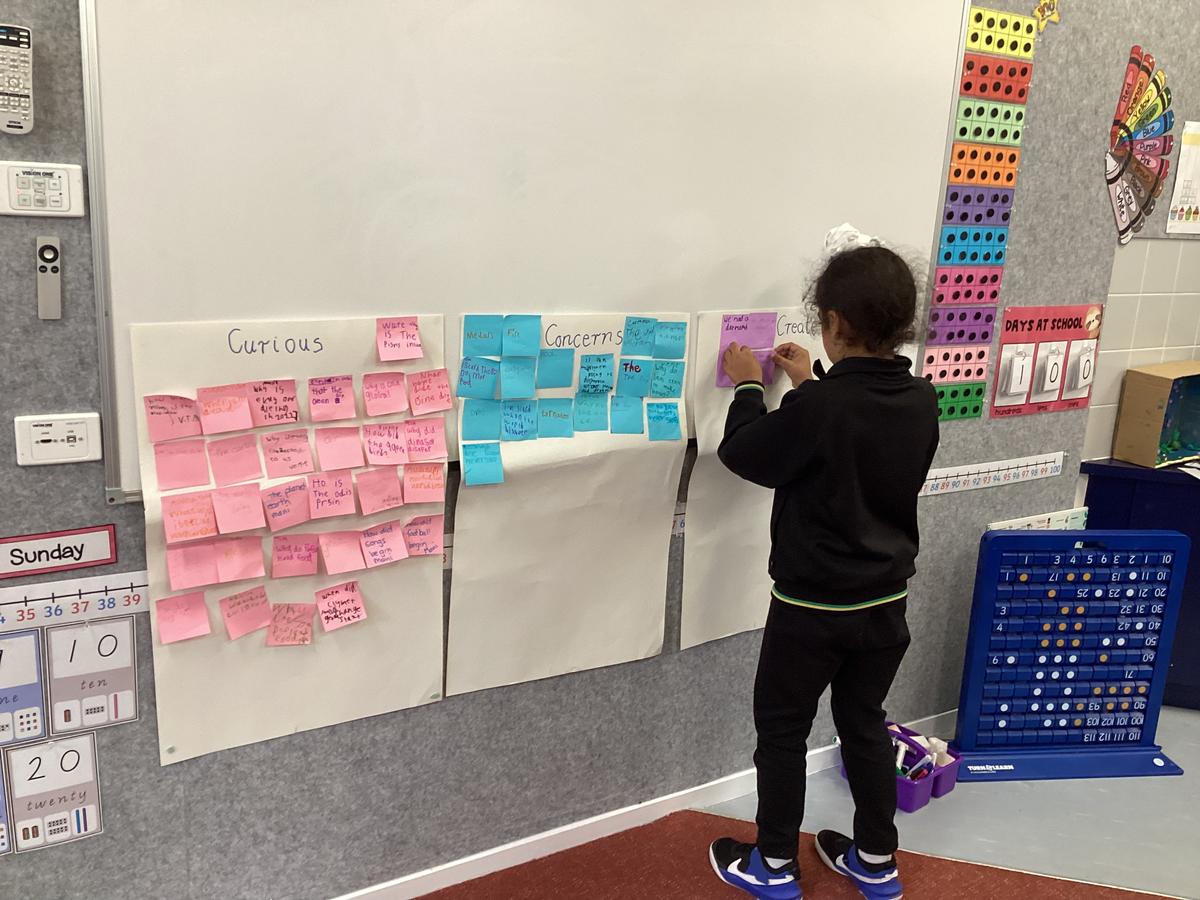
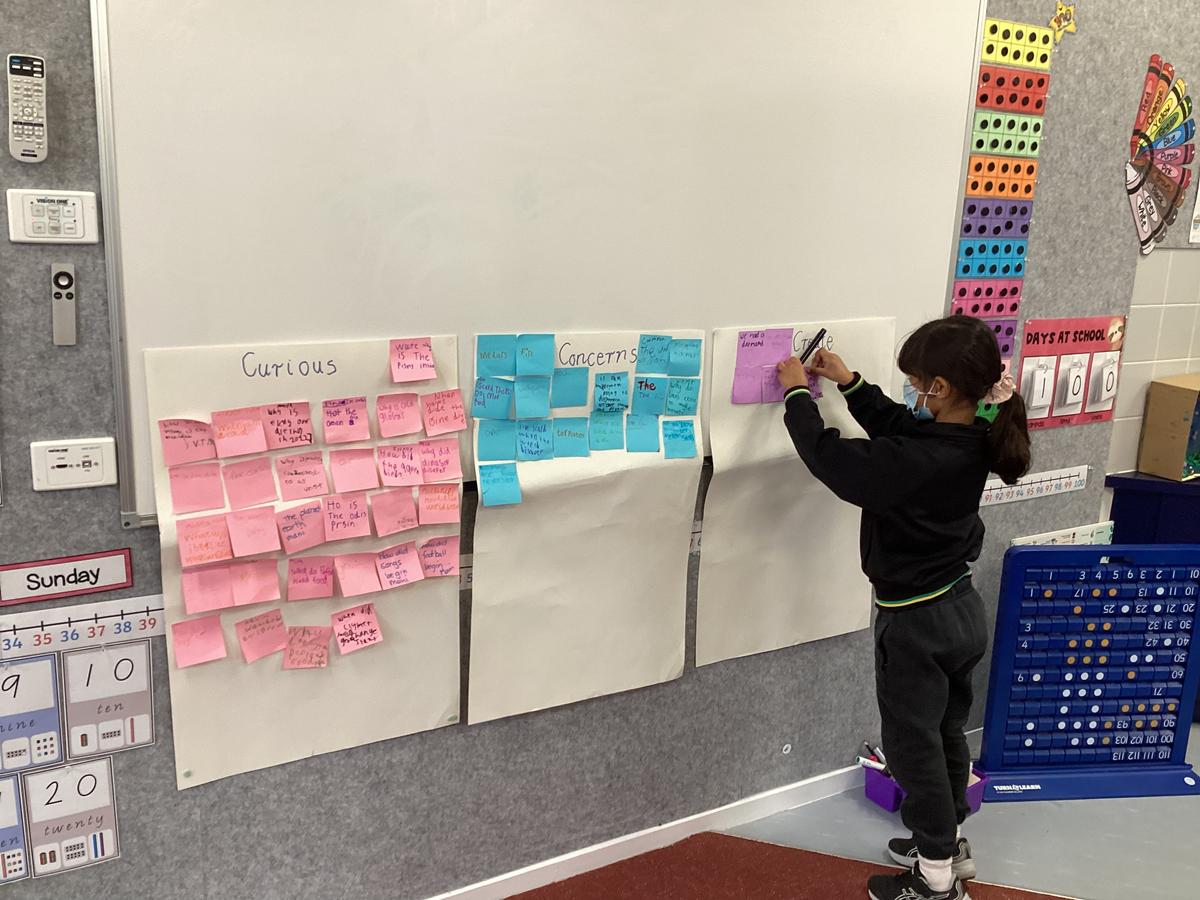

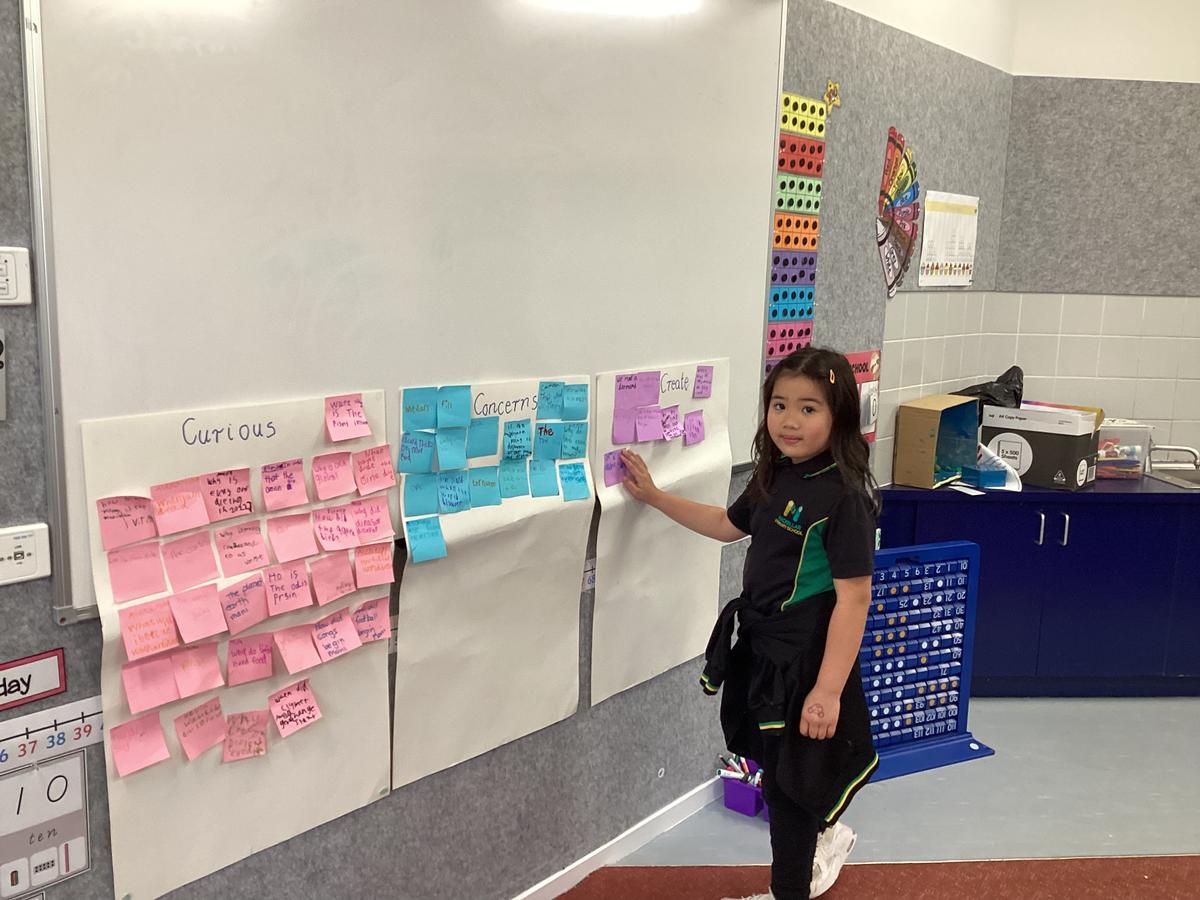
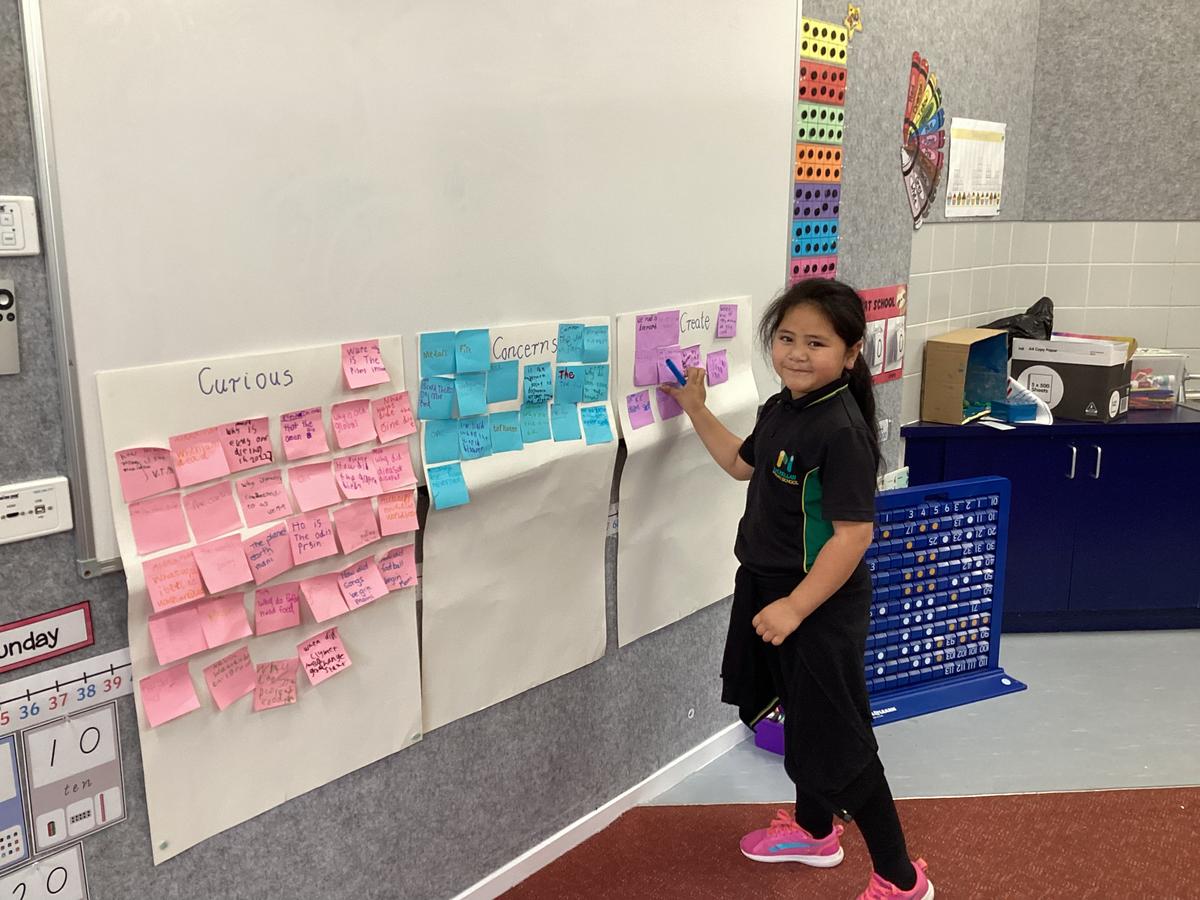
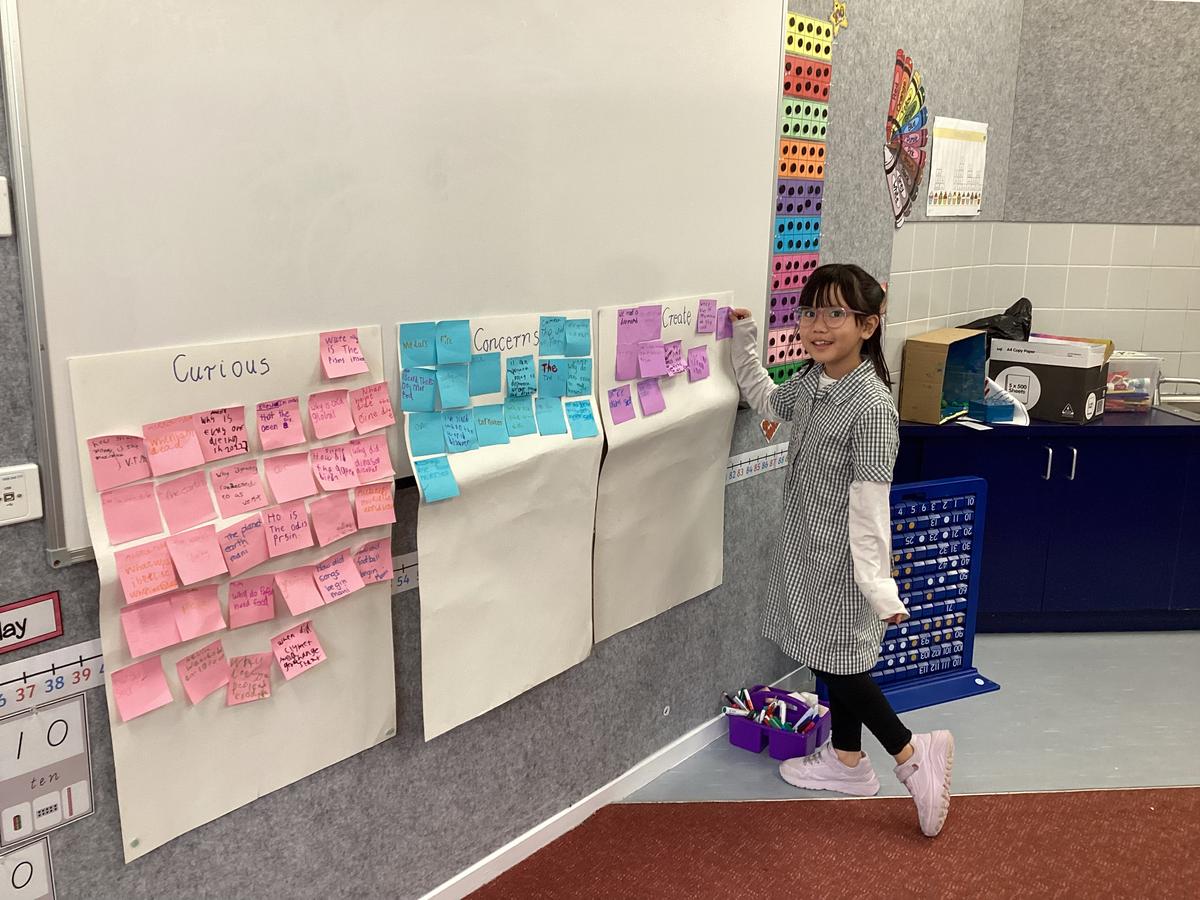
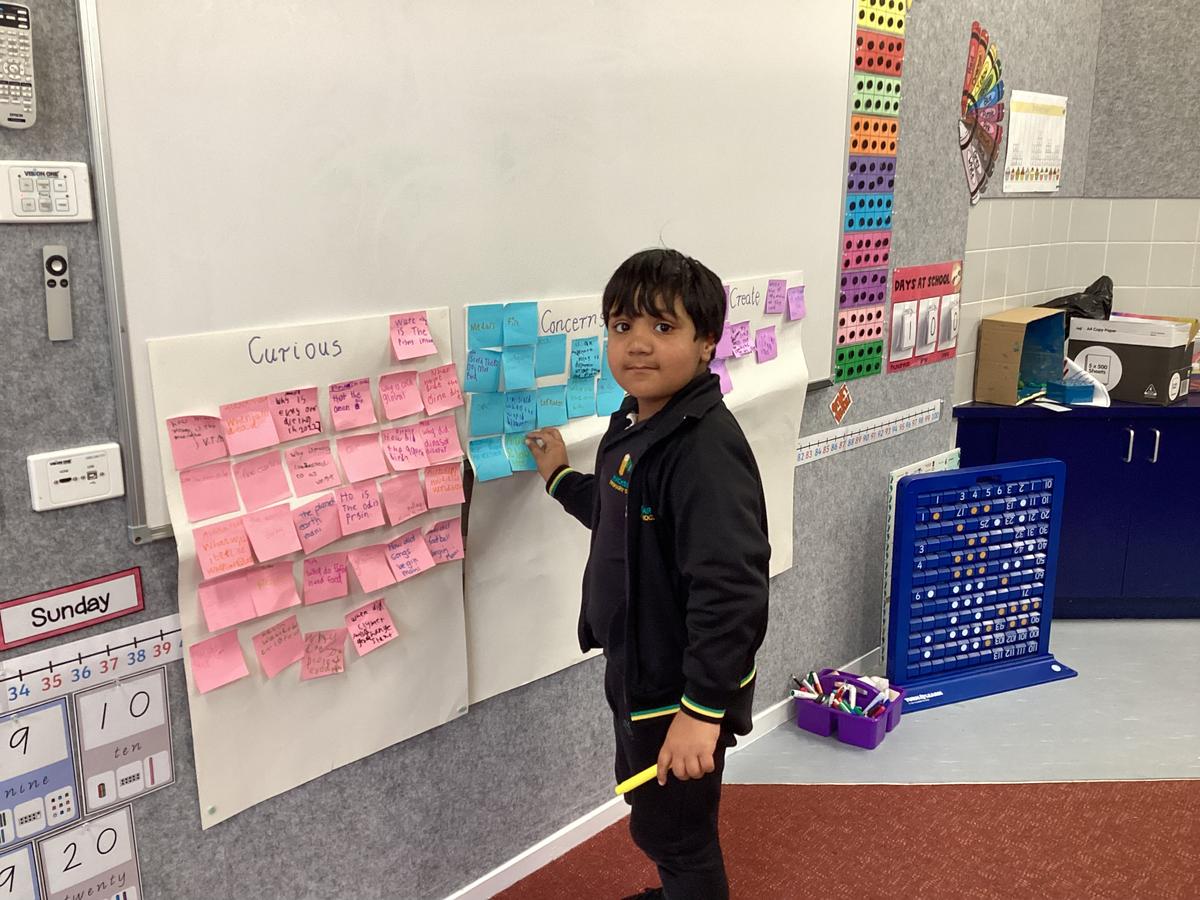

























Grade 2
This term the Grade 2 students are continuing their inquiry unit related to Geography.
As part of Lesson Zero this week, students revisited the Curriculum Achievement Standards and worked in groups to ‘unpack’ the key vocabulary so that they could gain a deeper understanding of them.
They also collaborated within their group to reword their standard using easy to understand language.
As teachers, we felt very proud of our students in the way that they collaborated with each other and shared ideas in a respectful and accepting way.
We ended the week with an exciting excursion to the city where we participated in a 2-hour walking tour to discover and learn more about the significant landmarks of Melbourne.
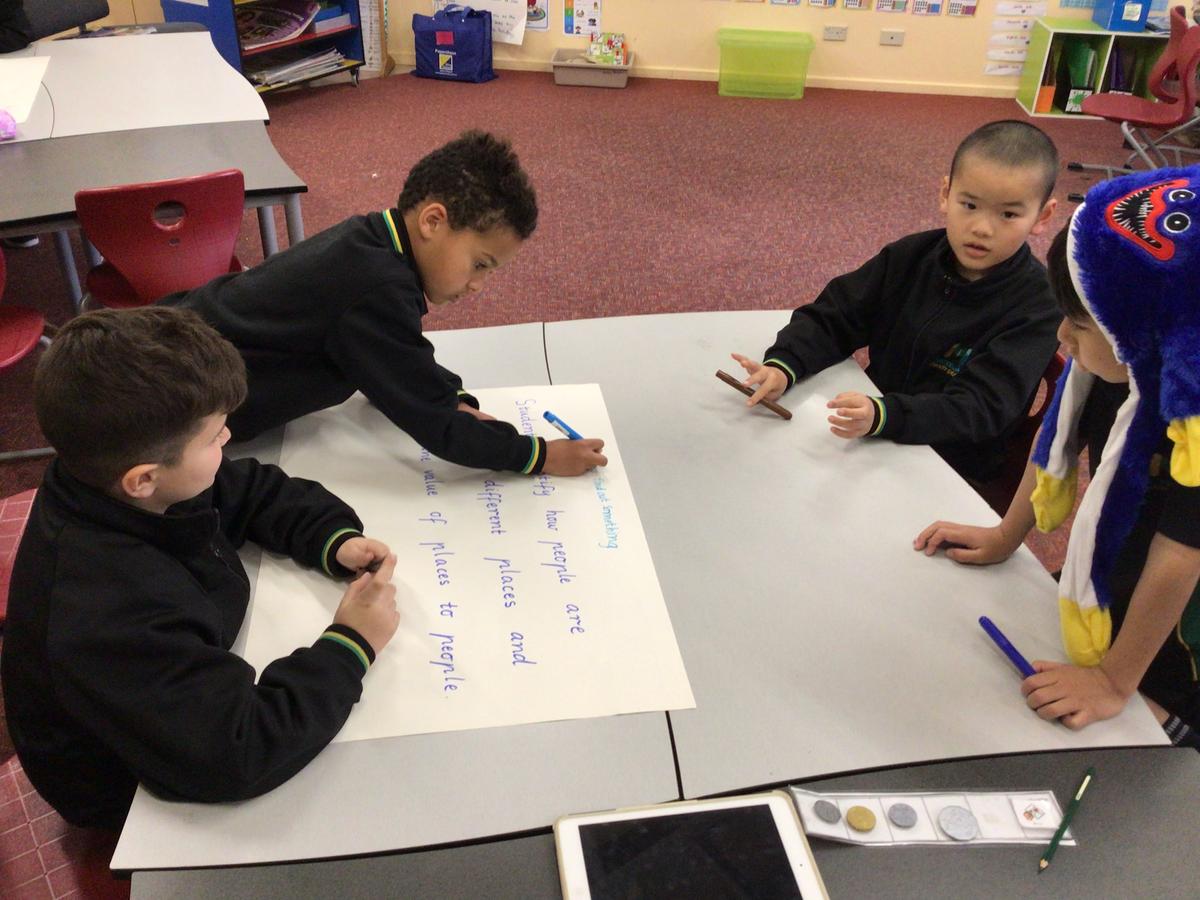
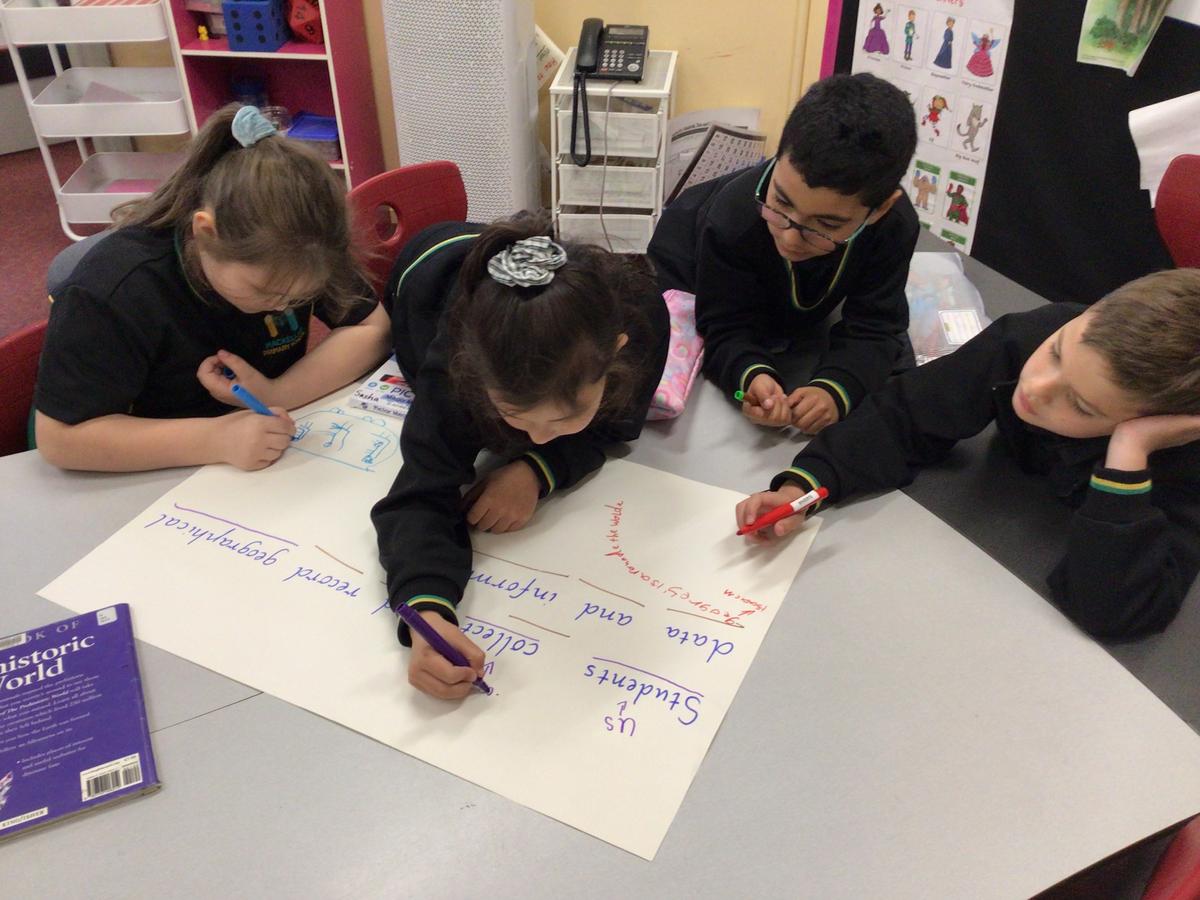
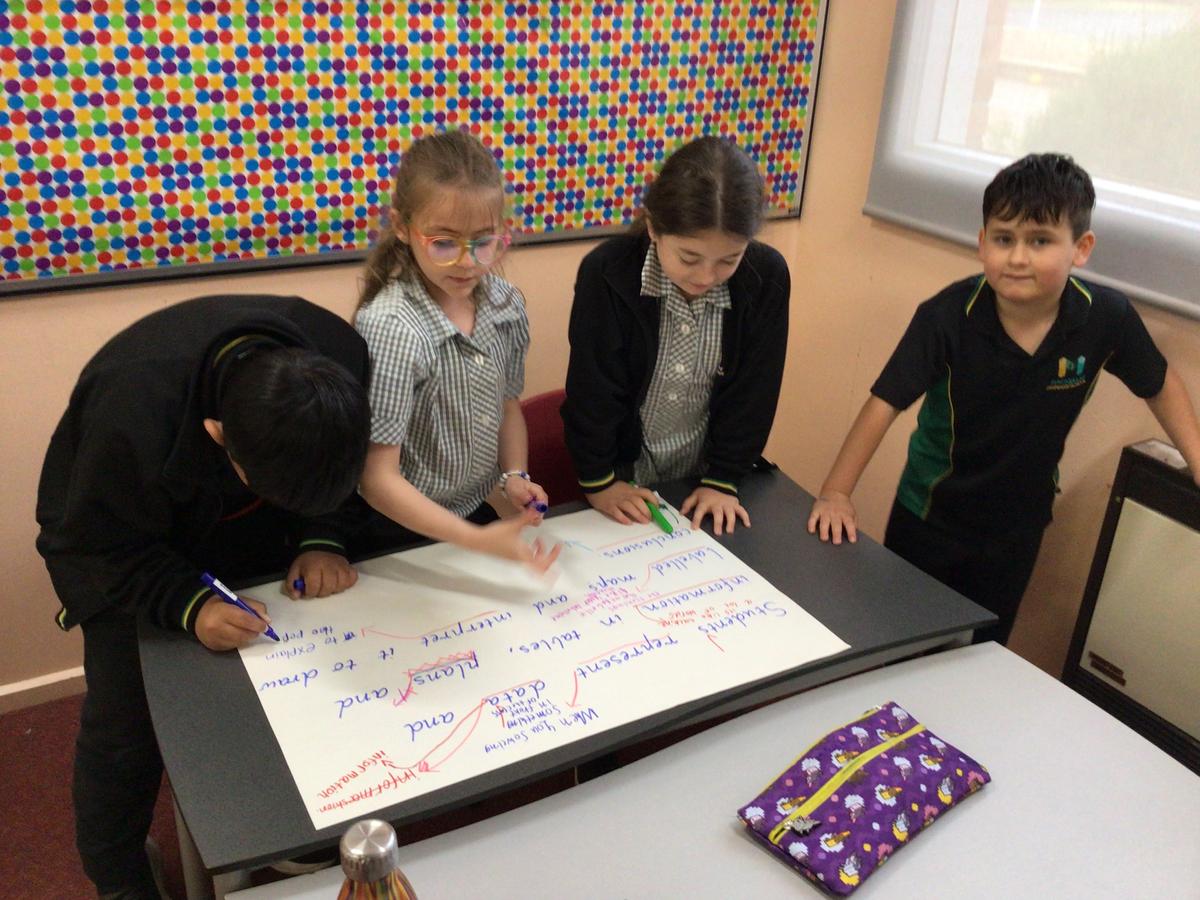
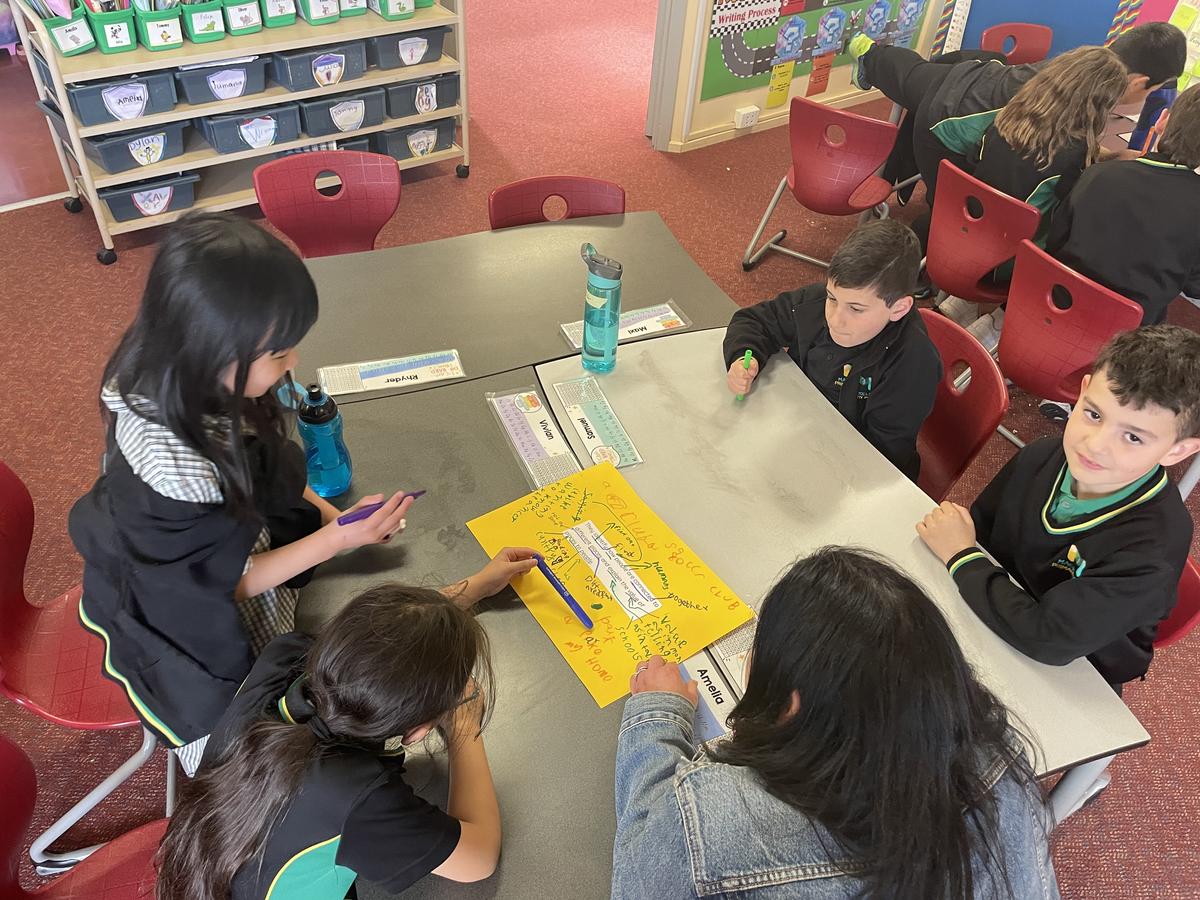

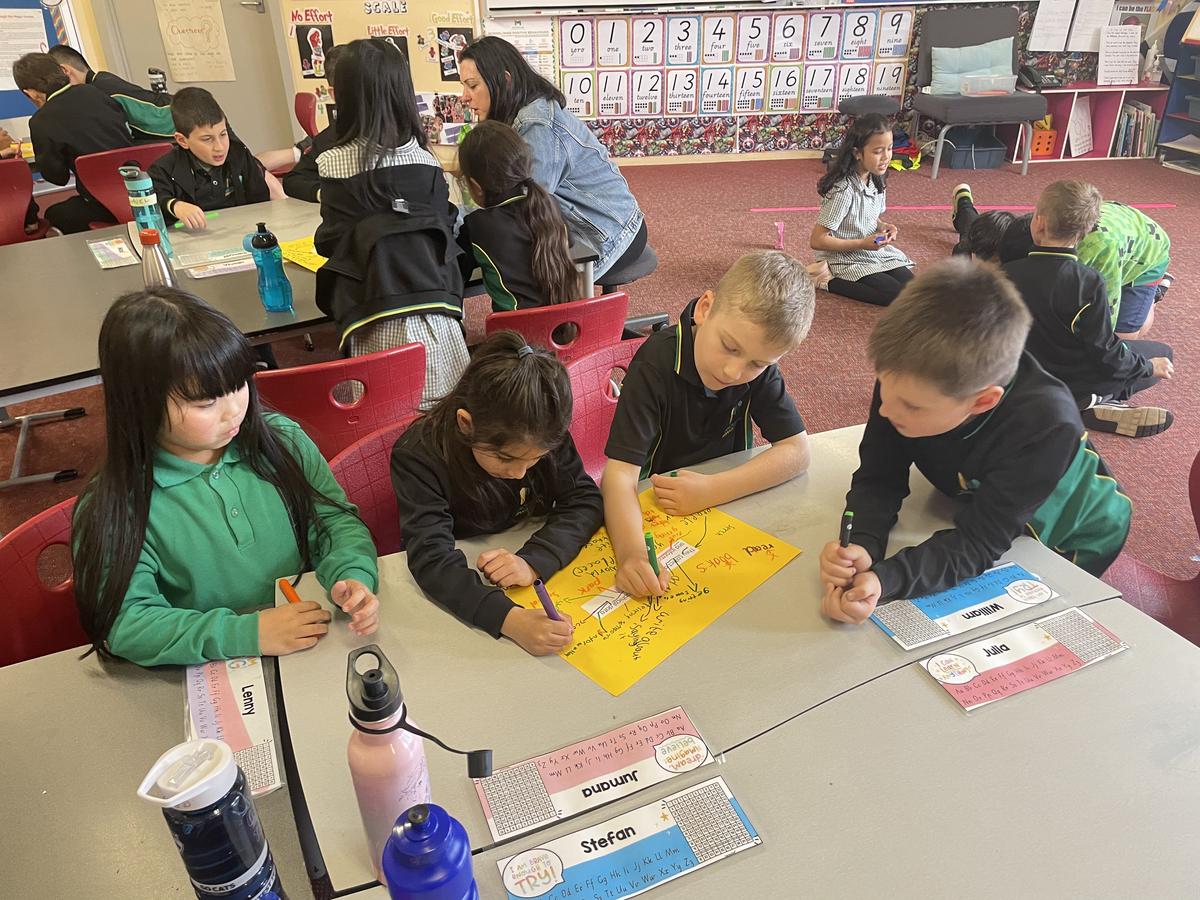
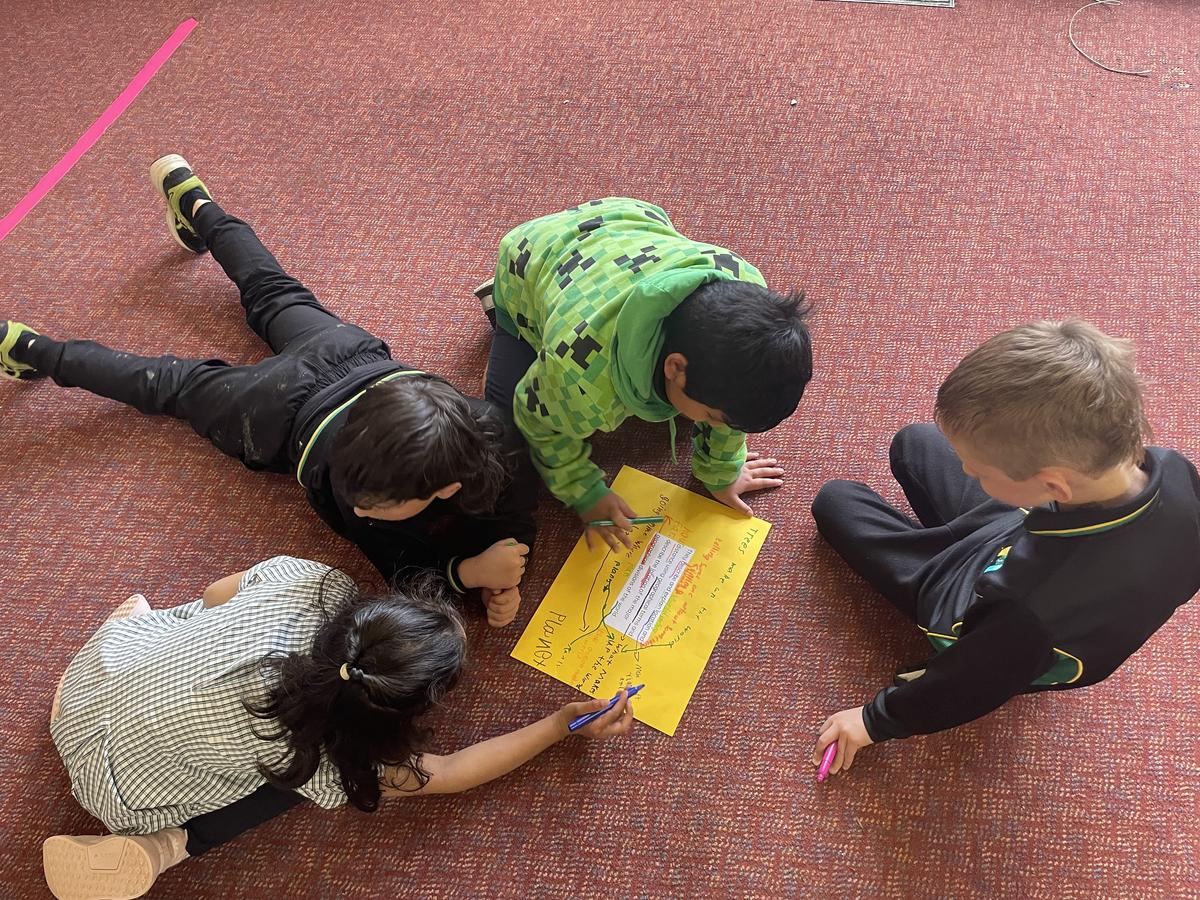
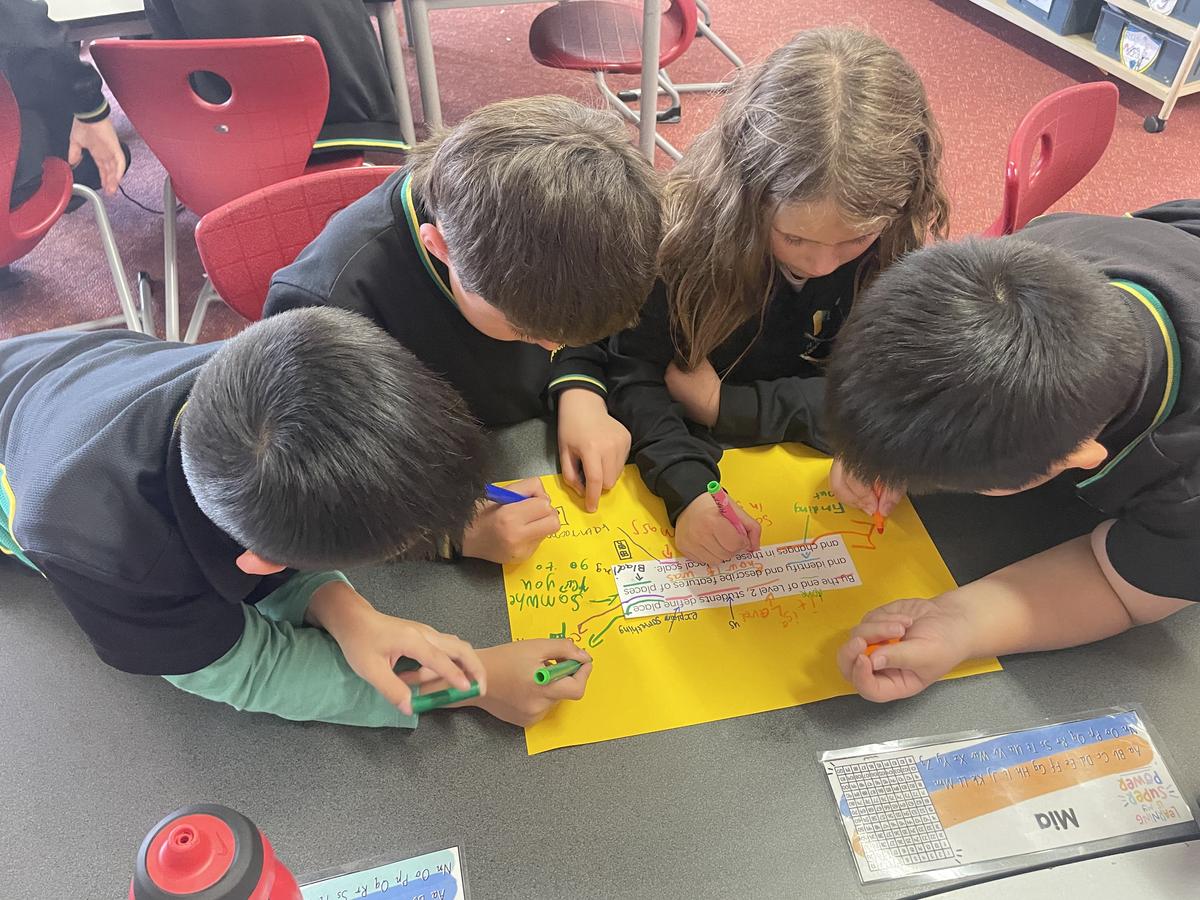
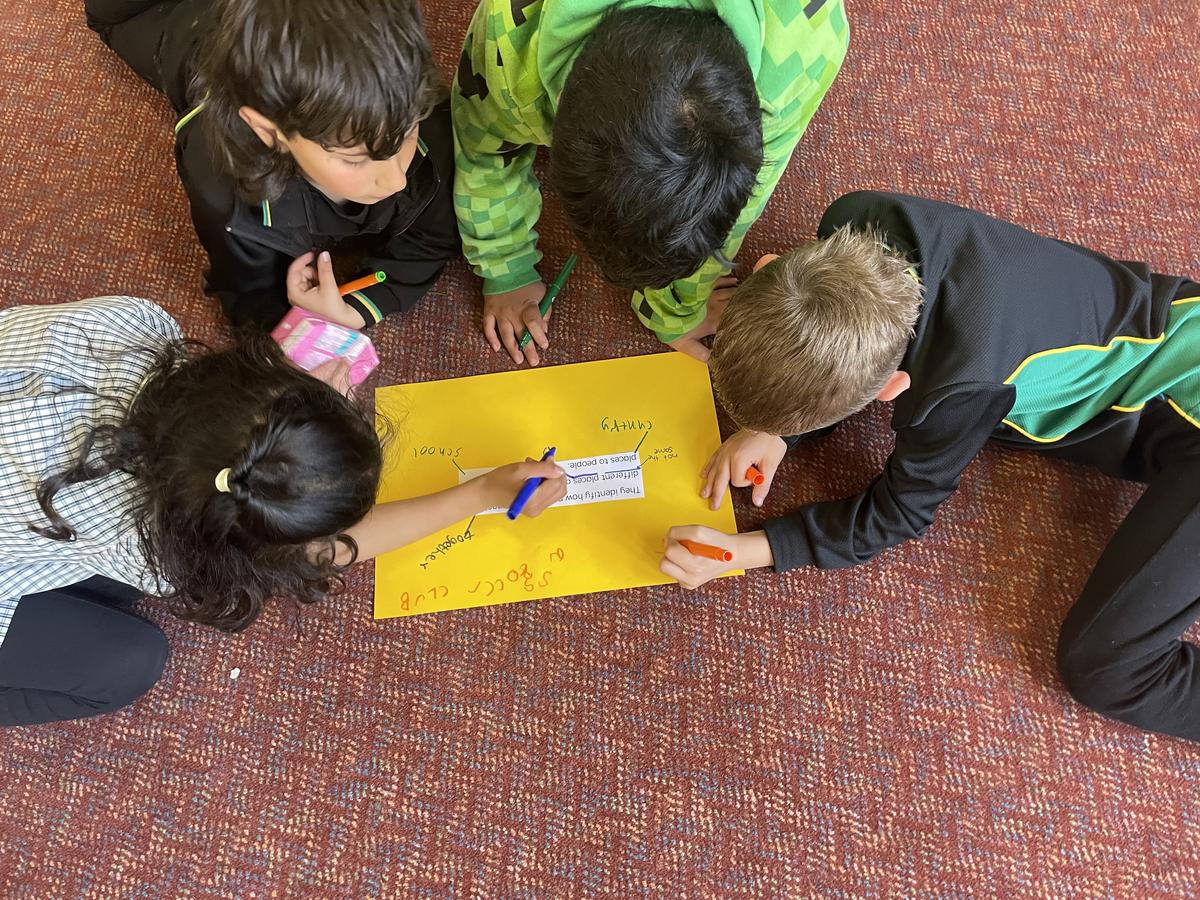
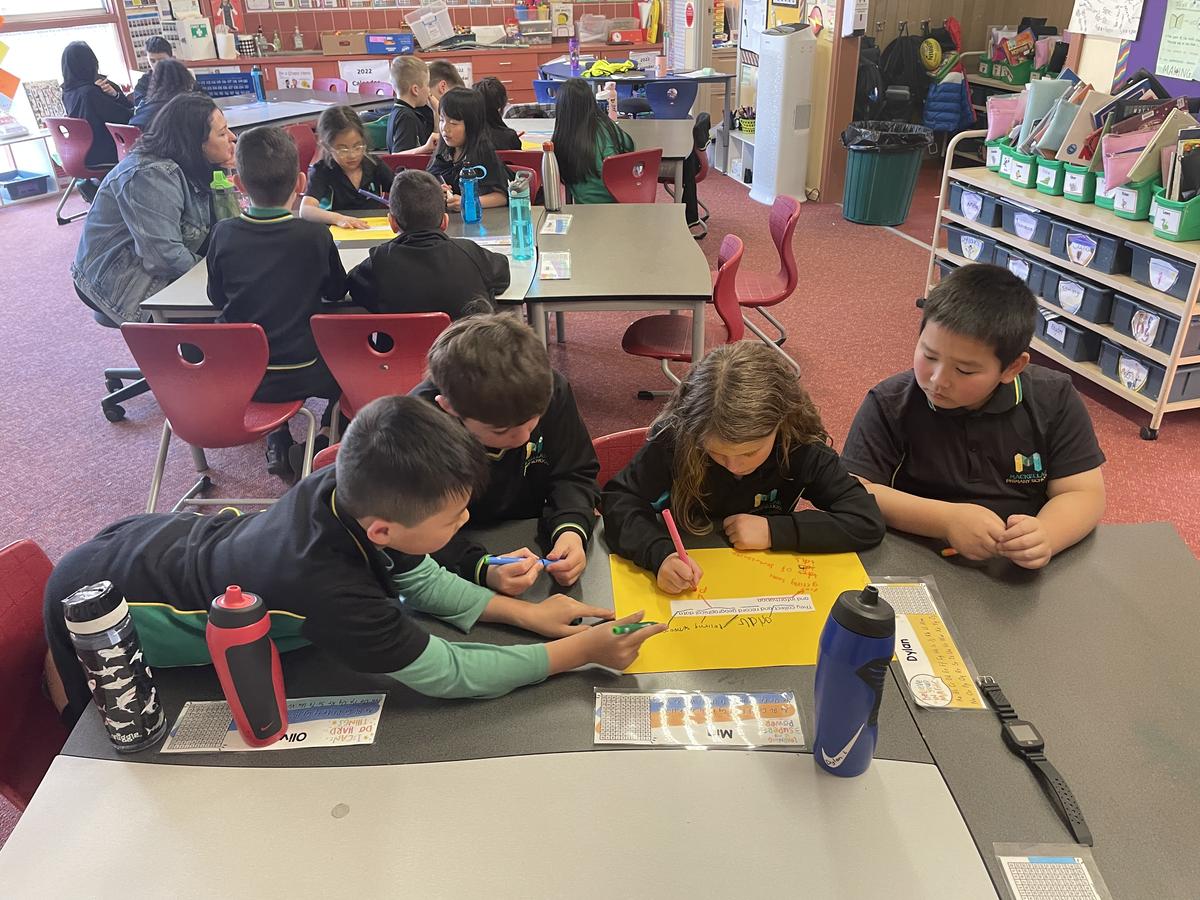
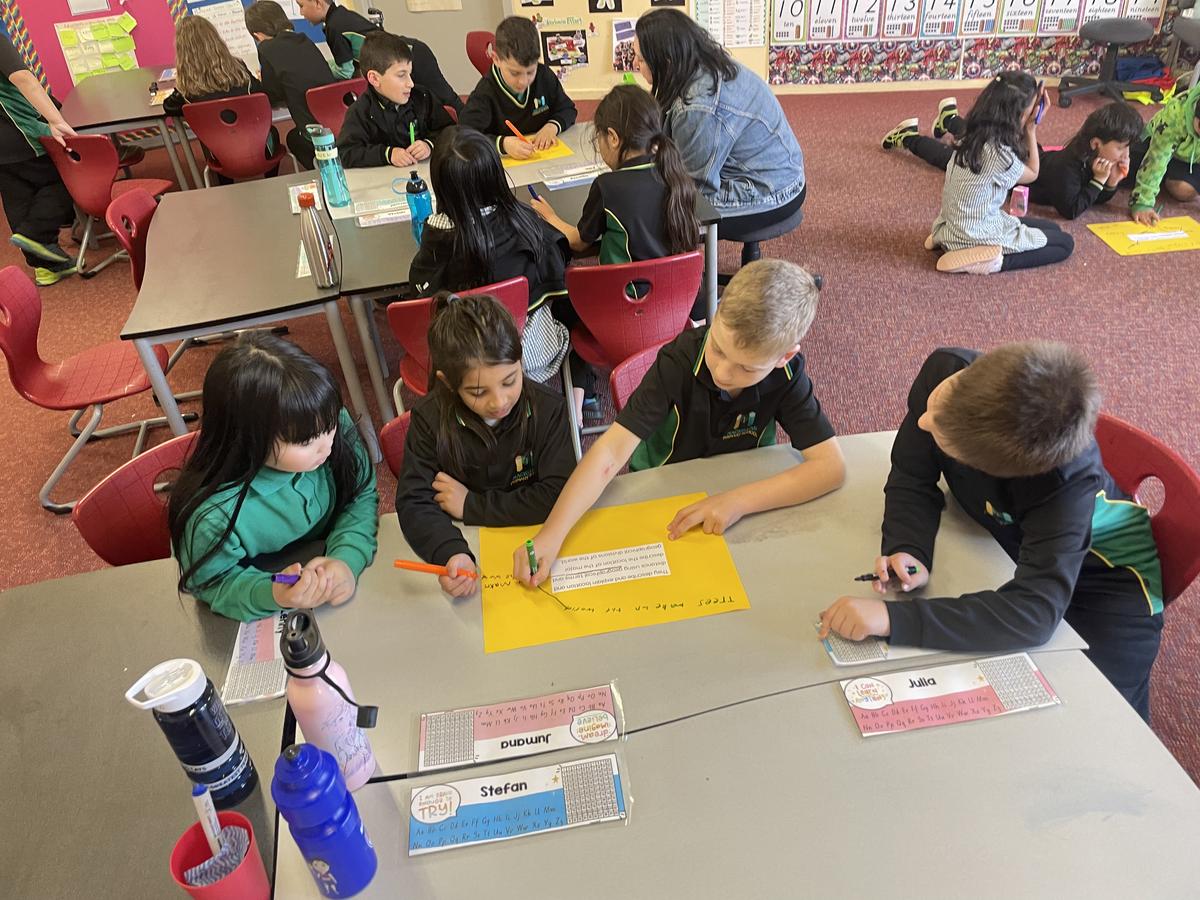
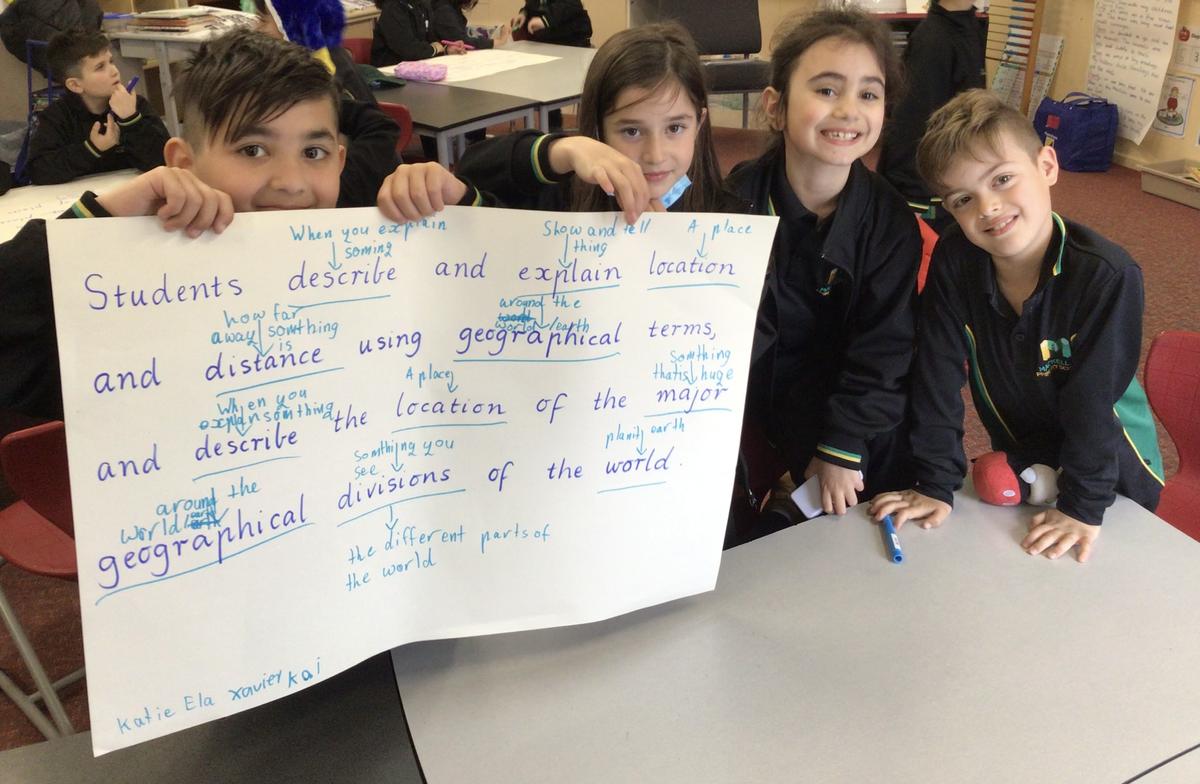
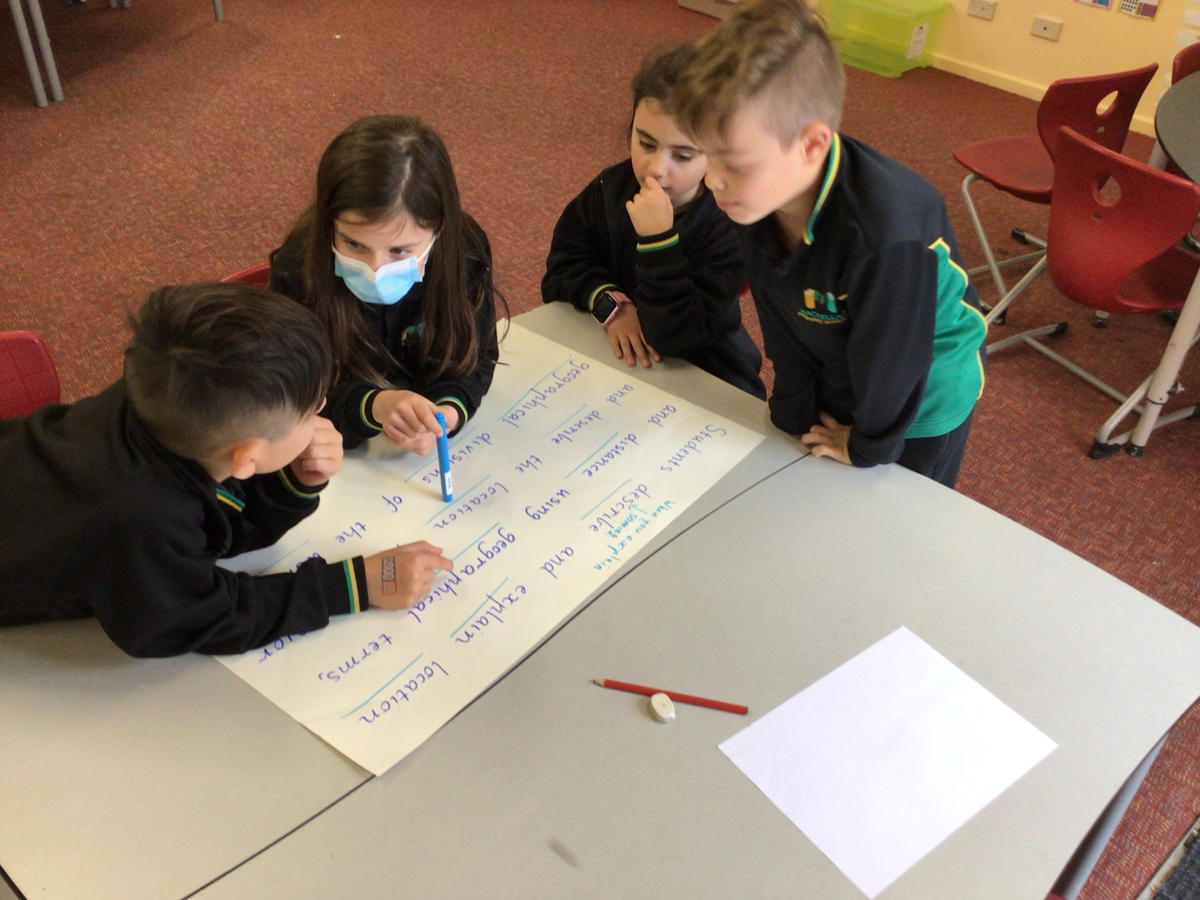
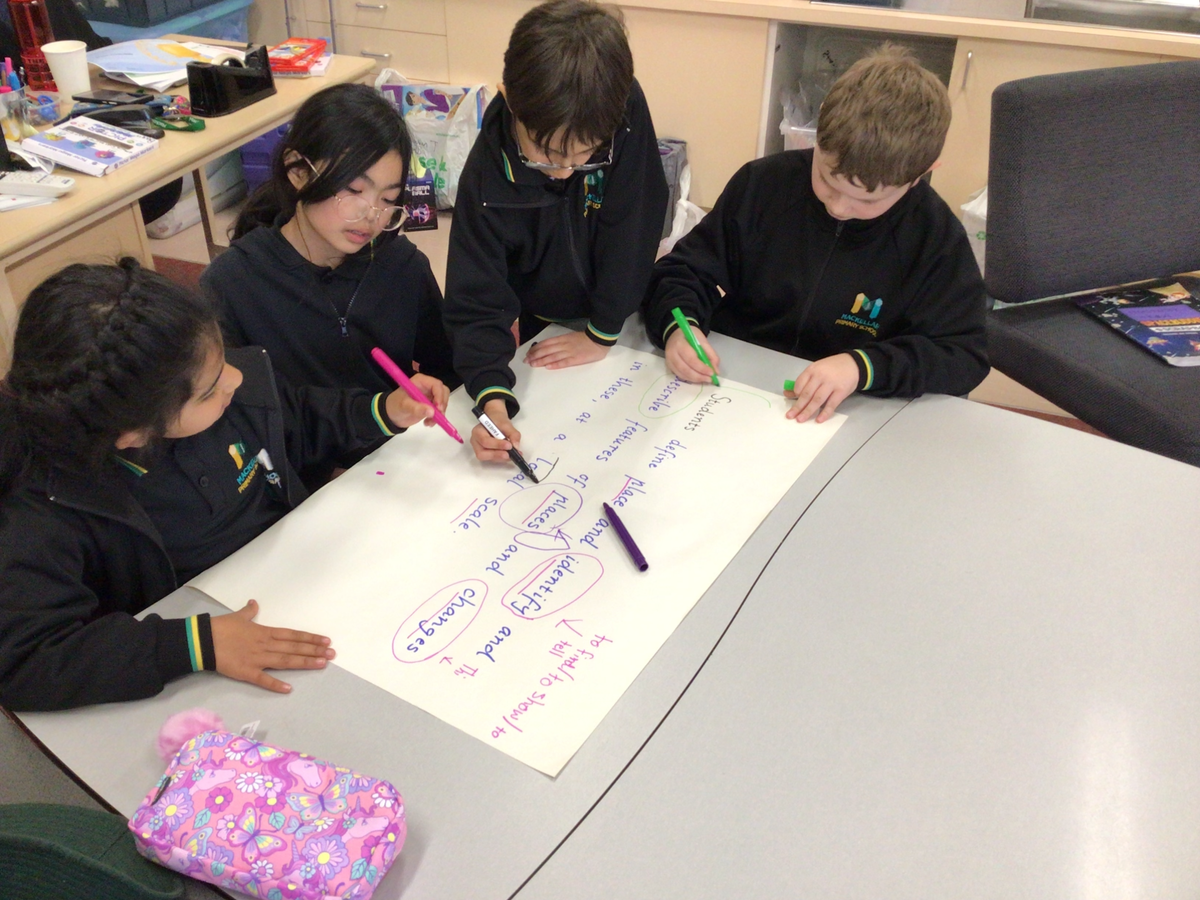
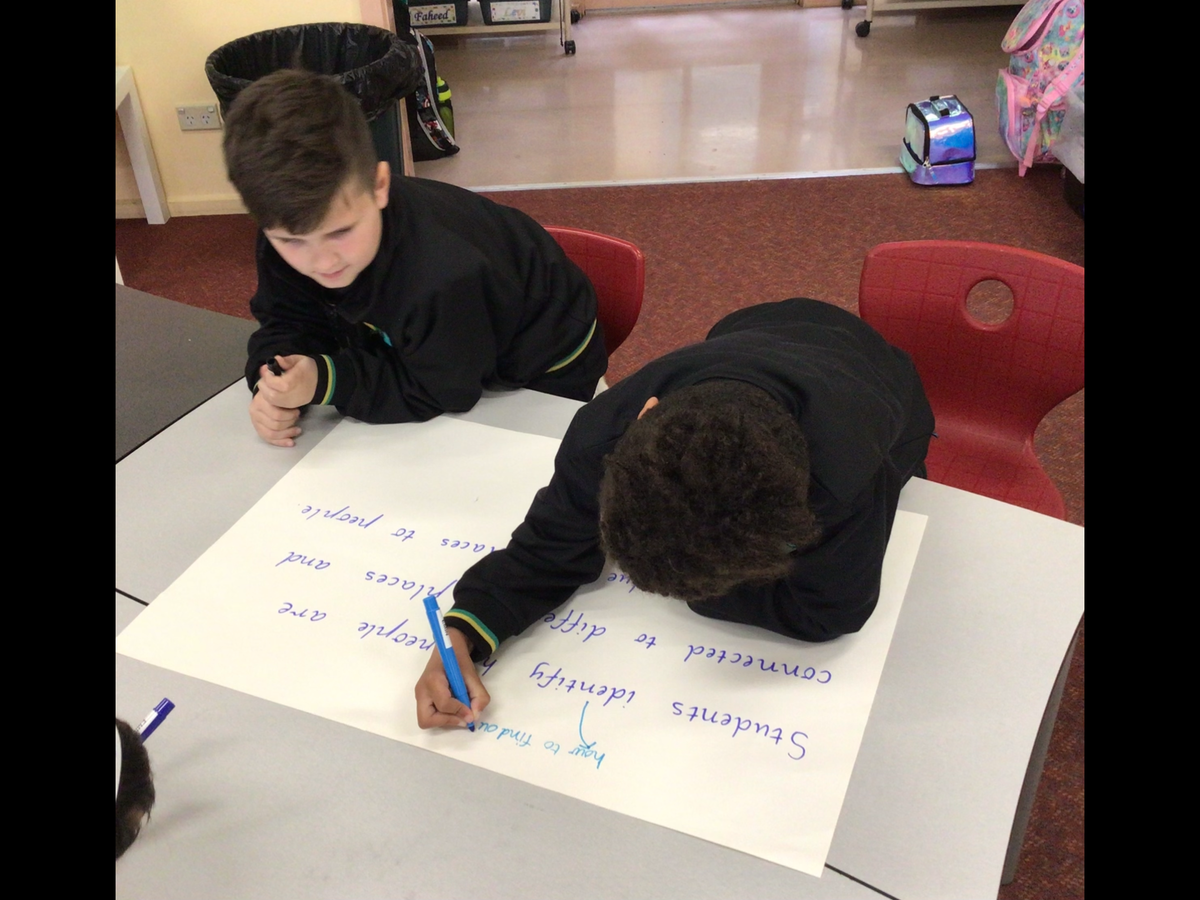















Grade 3
During term 4 Grade 3 students will be focusing on Health. We will be using the Resilience, Rights and Respectful Relationships (RRRR) learning materials to develop students social, emotional and positive relationship skills. Students will focus on four specific areas, emotional literacy; personal strengths; positive coping and problem solving.
We began Lesson Zero by examining our Essential Question - "How do we affect each other?" and unpacking the level 3 Health standard, clarifying words that we did not know and rewriting the standard. Rewriting the standard helped us to understand exactly what we had to learn, know and understand by the end of the unit. During the next part of the Lesson Zero process we used the 3C's - what are we curious about, what are we concerned about and what can we create to guide the direction of our learning over the term. We referenced Bloom's Taxonomy when working on the "curious" stage.
We can't wait to see where our learning will take us this term. Watch this space!
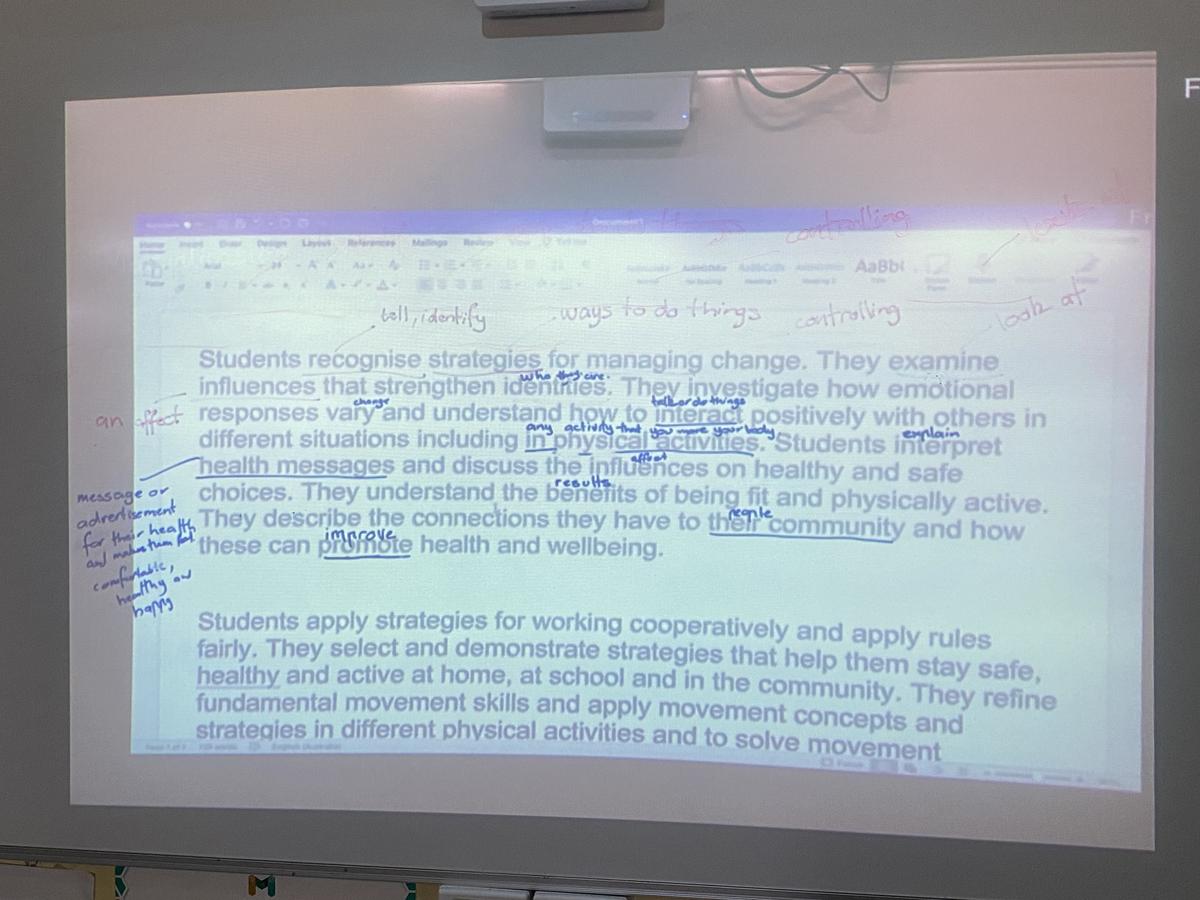
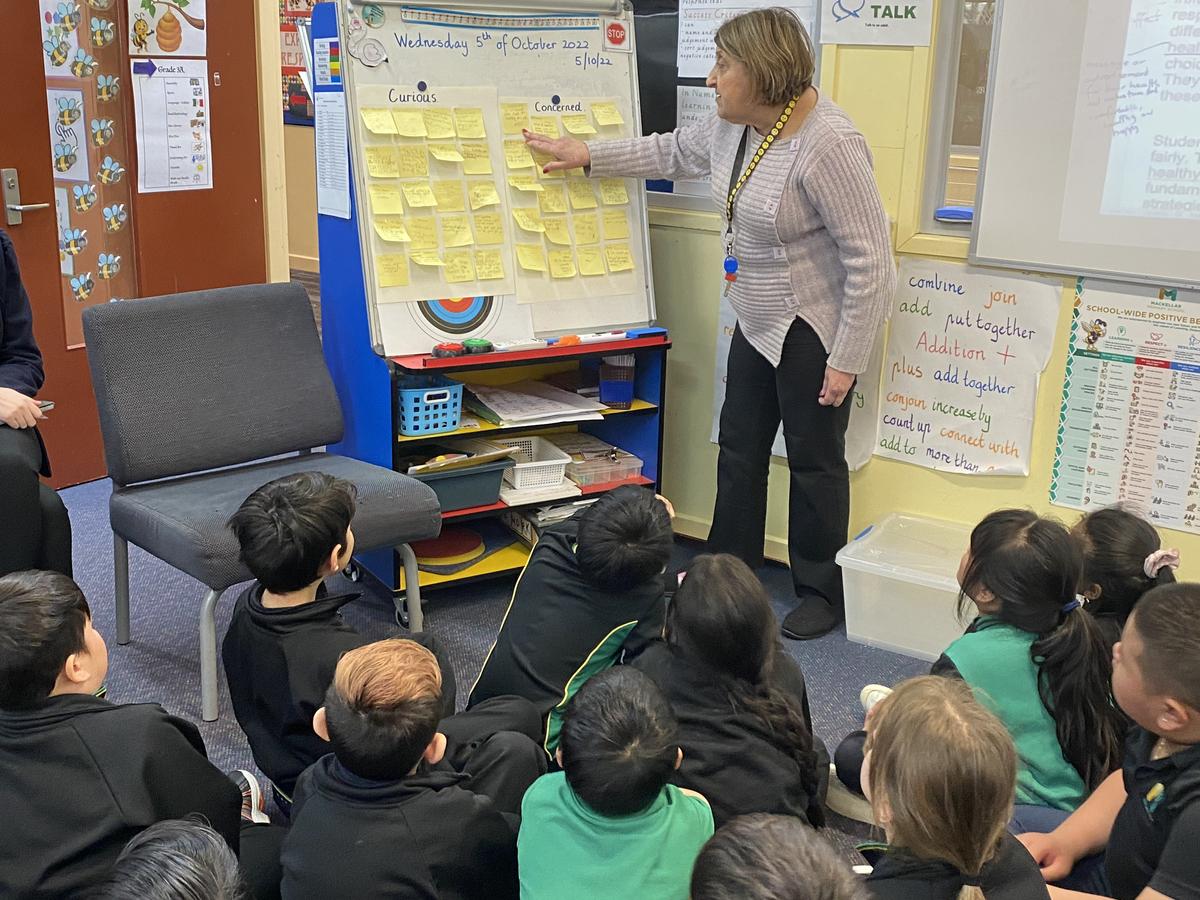

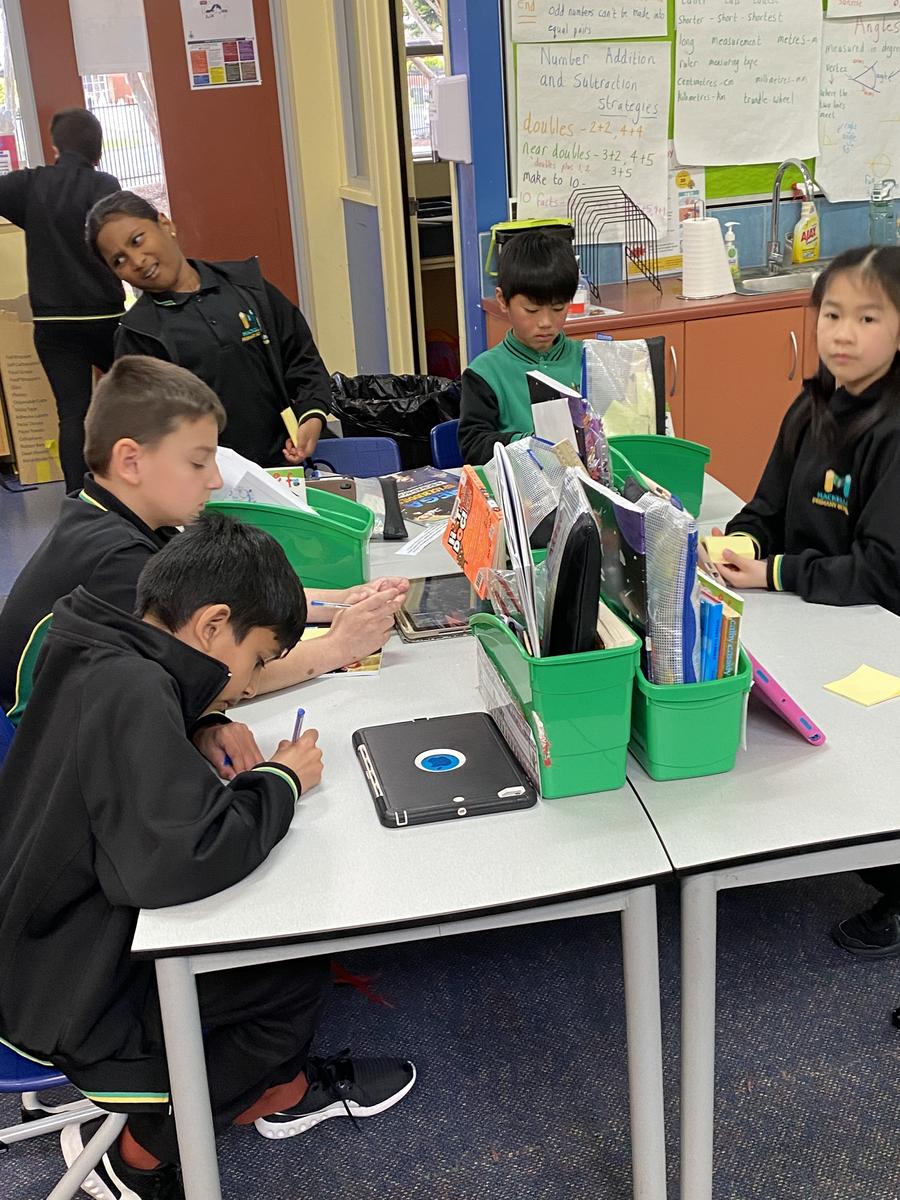






Grade 4
During term 4 the Grade 4 students will be participating in an inquiry about Civics & Citizenship. This covers the topic of democracy, laws & rules and community engagement.
This week we began our learning journey with lesson zero, by unpacking the Grade 4 standard to ensure we understood what we are learning about. Then we created success criteria to help direct our learning and to create aa achievement goal.
The students were very engaged during the process and worked in small groups to independently write their own success criteria.
The standard below shows the elaborations we added to clarify words and enhance our understanding of the standard.
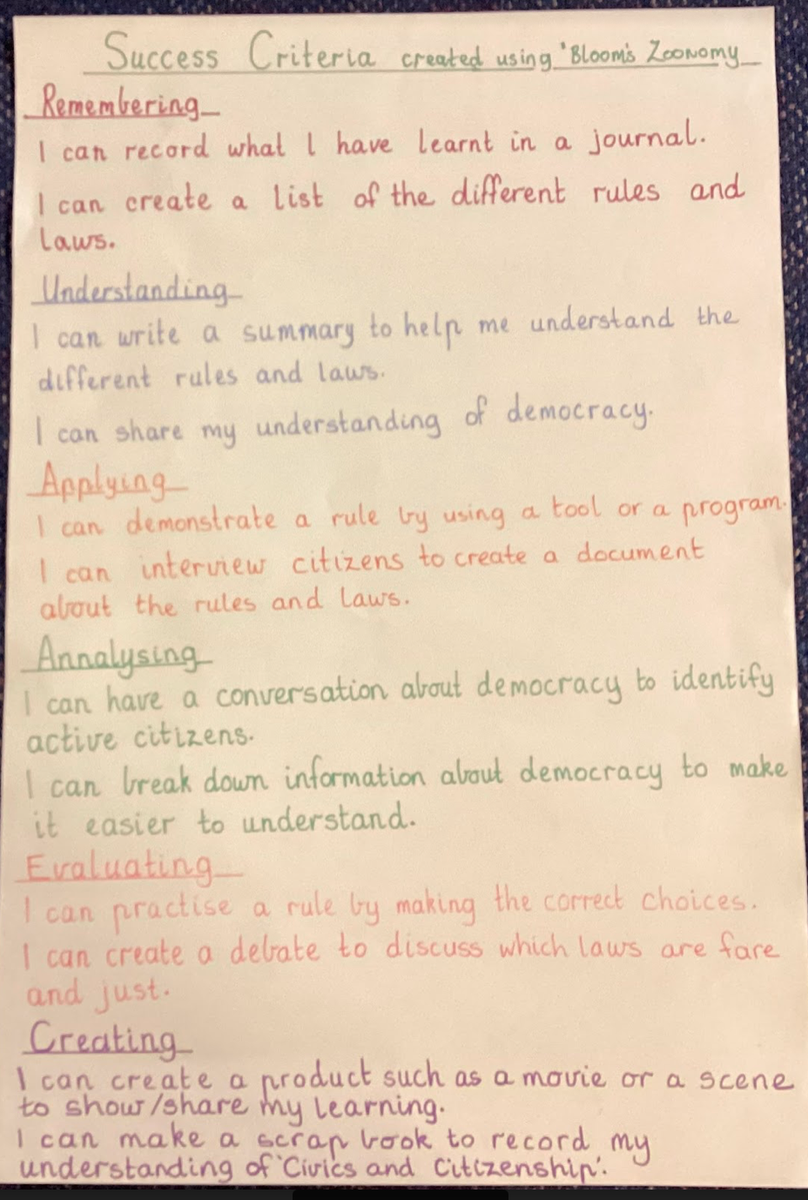
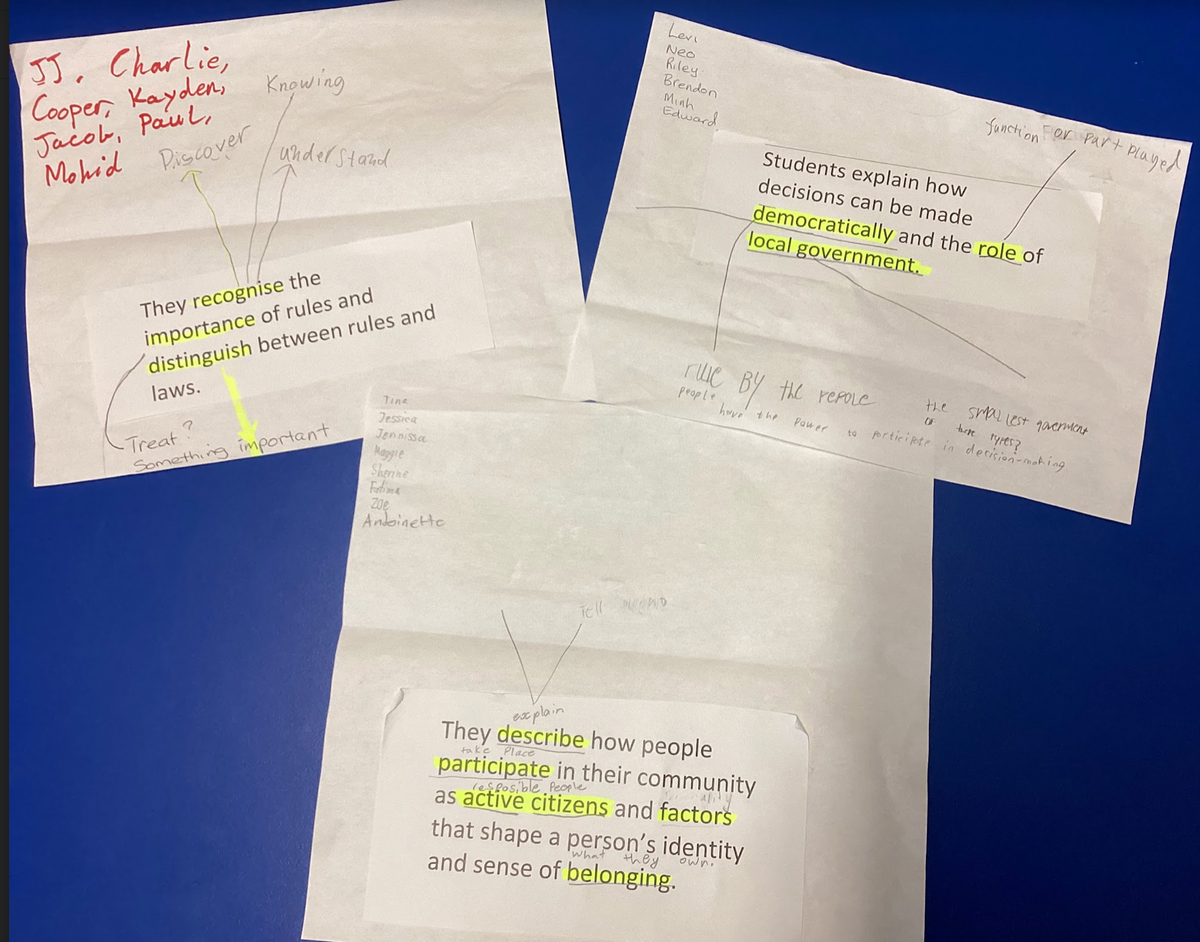

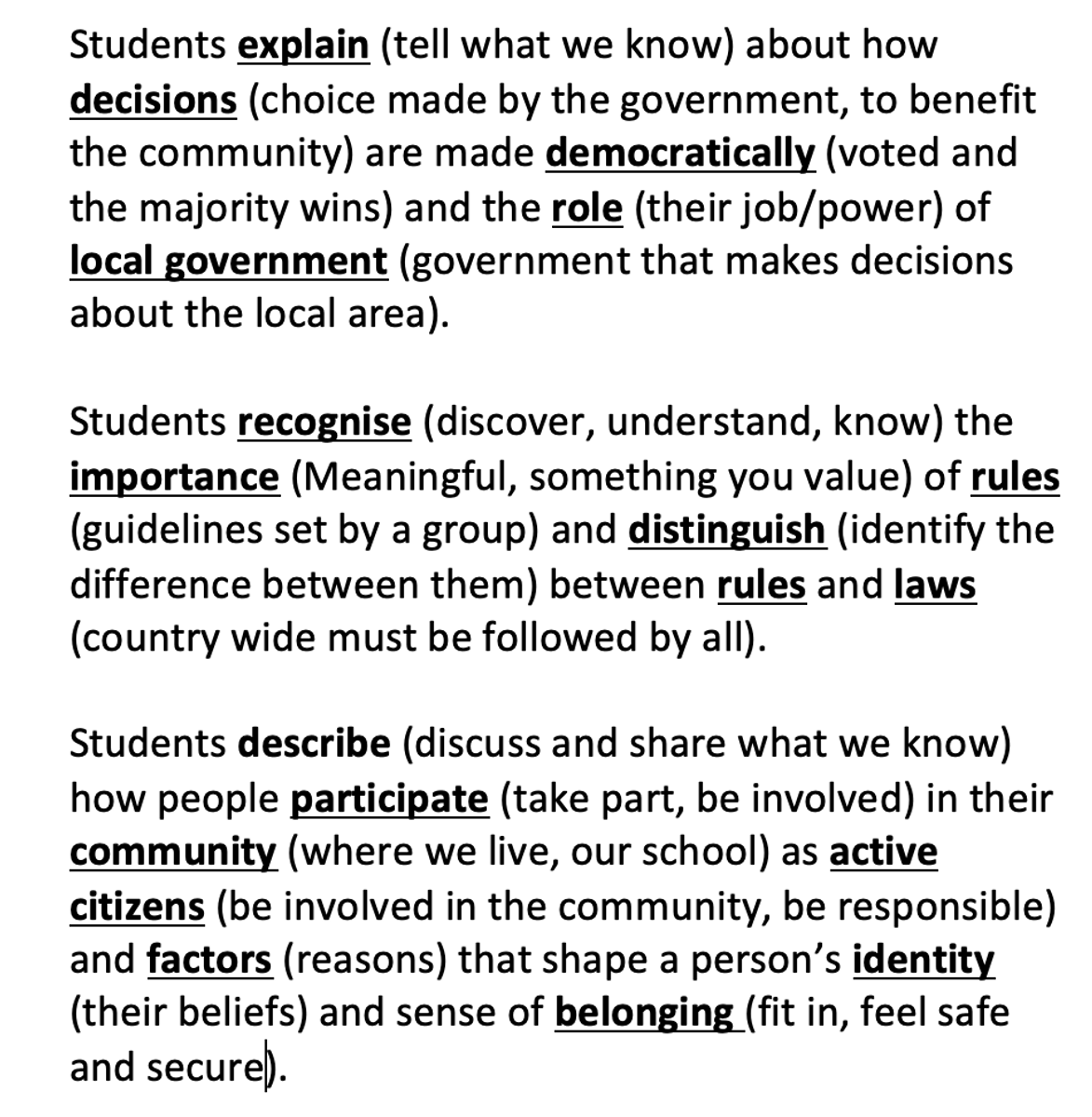




Grade 5


Grade 5 Term 4 Inquiry Mini Inquiry Unit
In Term 4, Grade 5 students will be participating in the Young Leaders Program, which promotes leadership skills in our students. The aim of this program is to develop confidence, character and citizenship in our students and both personal and public leadership.
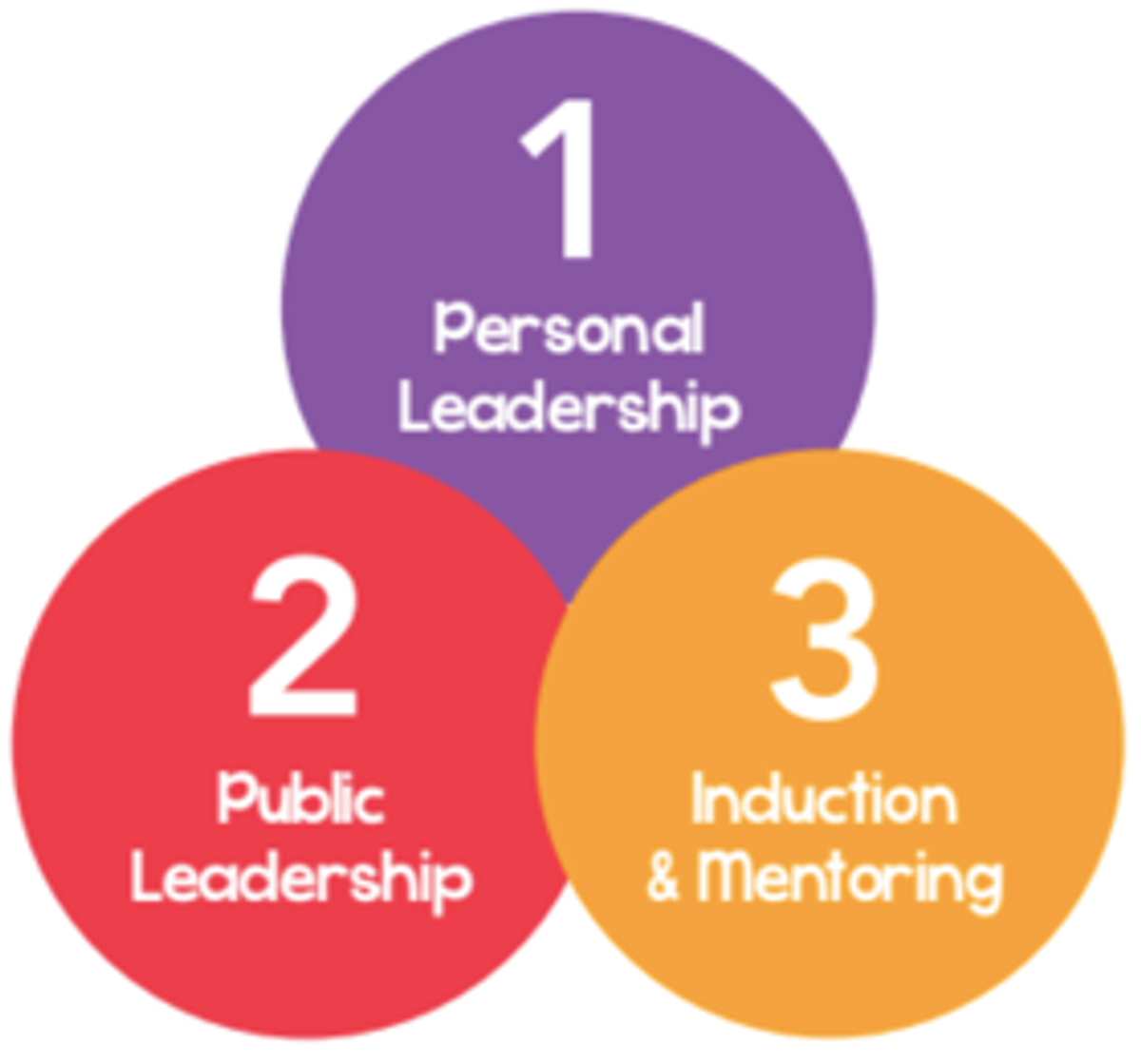

There are 3 sections to the program:
In Grade 5, we will be focussing on Part 1 – Personal Leadership. This section of the program develops personal leadership skills where students learn about the behaviours that will help them become confident leaders based on the five building blocks of:
Have a chat to your child about these 5 building blocks. Can they share any information about these? Can they display the presentation skills when you are speaking with them?
At the completion of this unit, student will have the opportunity to apply for leadership positions within our school for 2023. Stay tuned for the voting process!
We are looking forward to sharing more about our busy term with you!
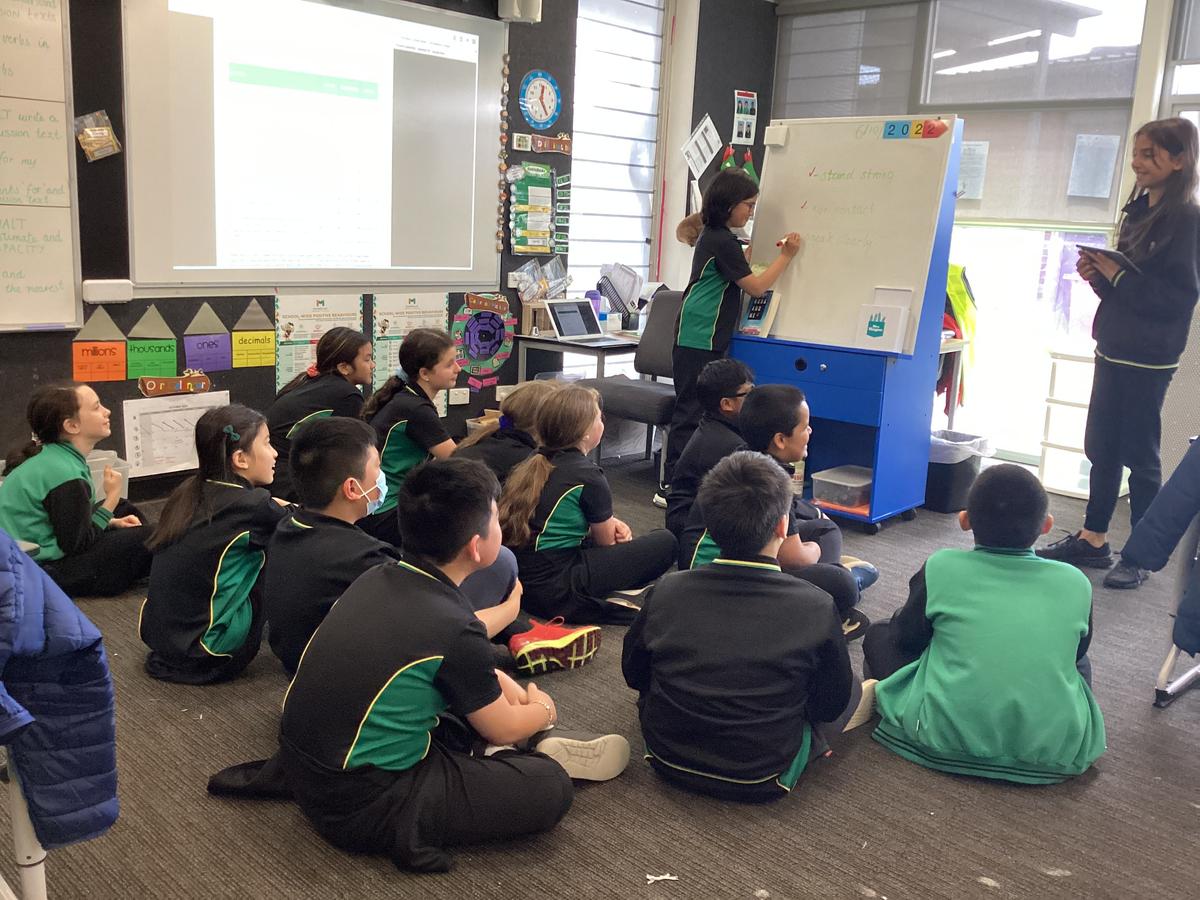
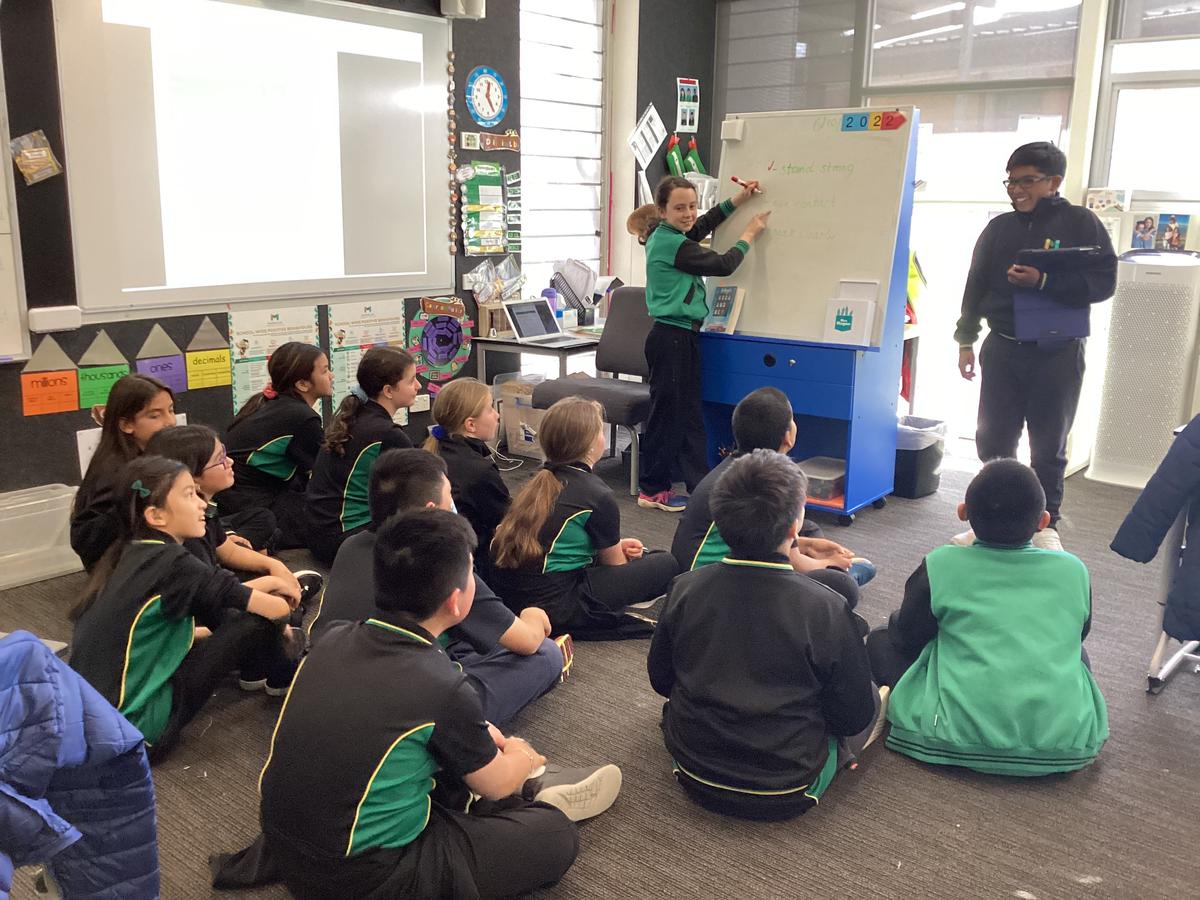
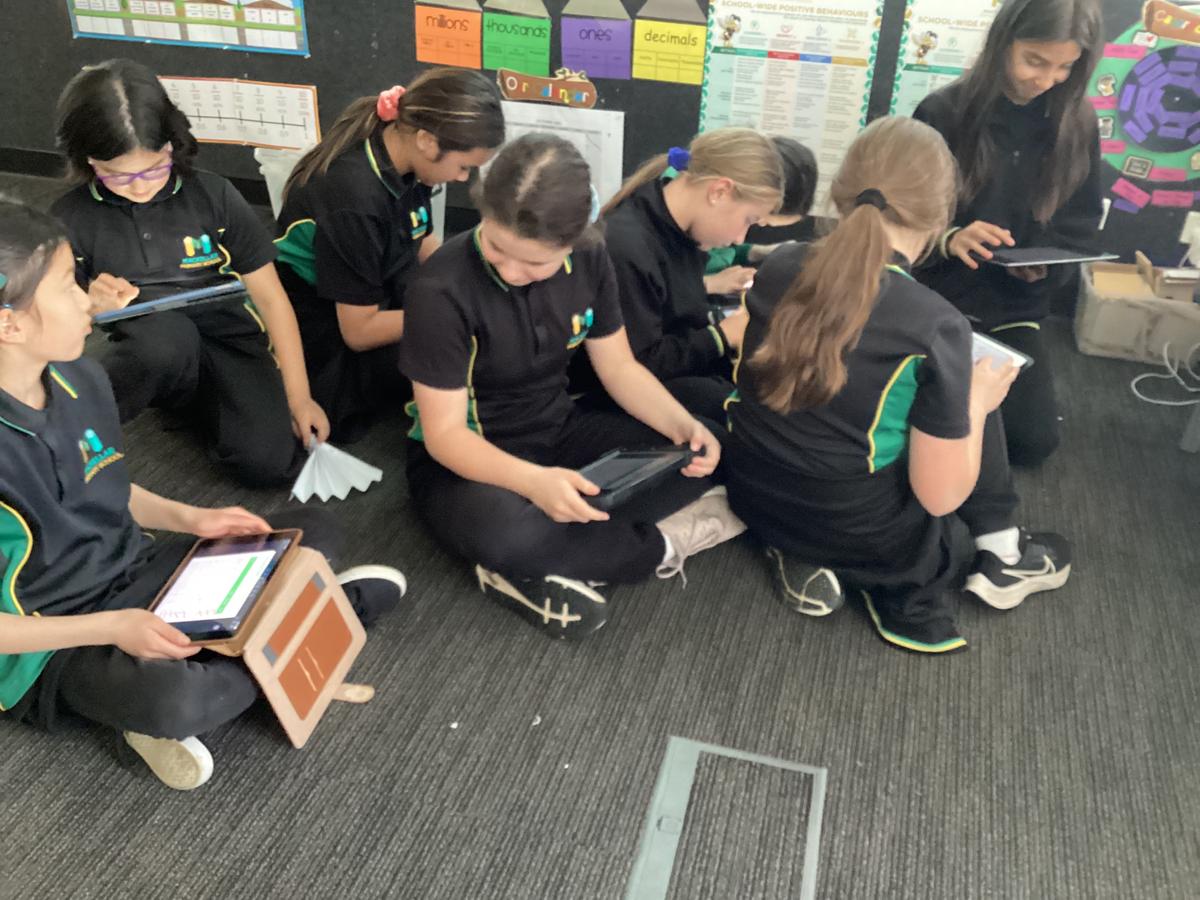



Grade 6
Lesson Zero was an opportunity to generate students’ interest in this term’s Inquiry. Students were introduced to the learning intention, the Victorian Curriculum Achievement Standard:
‘By the end of Level 6, students describe and explain spatial characteristics and characteristics of places from local to global scales. They describe and explain interconnections and their effects. They identify and describe locations including the major countries of Europe, North America and Asia.
They identify and compare responses to a geographical challenge, describing the expected effects on different groups. They ethically collect and record relevant geographical data and information and represent data and information in forms including diagrams, field sketches and large scale and small-scale maps that conform to cartographic conventions.
They interpret geographical data and information, and use geographical terminology, to identify and develop descriptions, explanations and conclusions. They use digital and spatial technologies to represent and interpret data and information.’
Unpacking questions drove the initial process, where students were empowered to:
Unpacking questions has led to establishing more essential understandings and purposeful question that will drive the Inquiry, such as:
